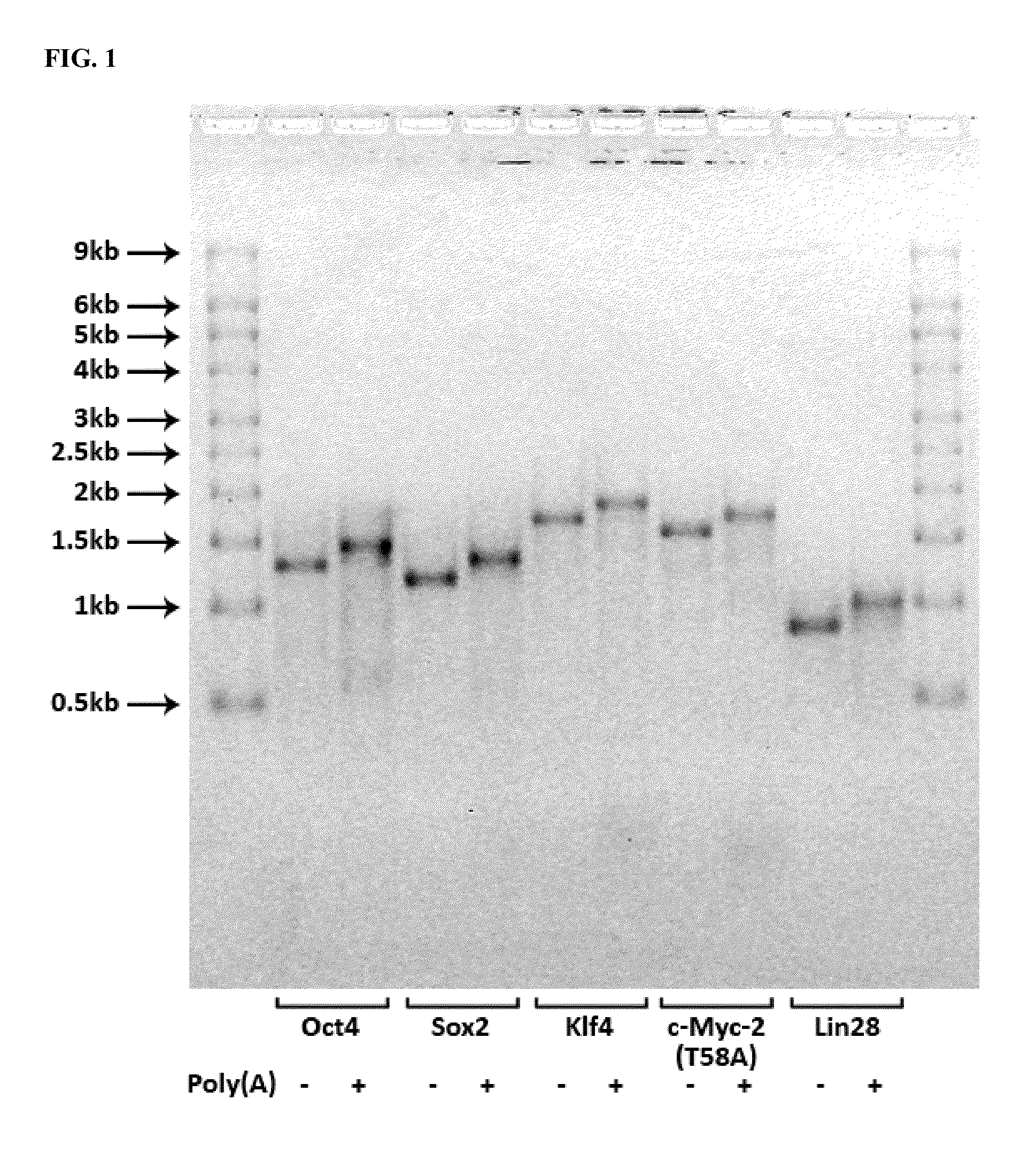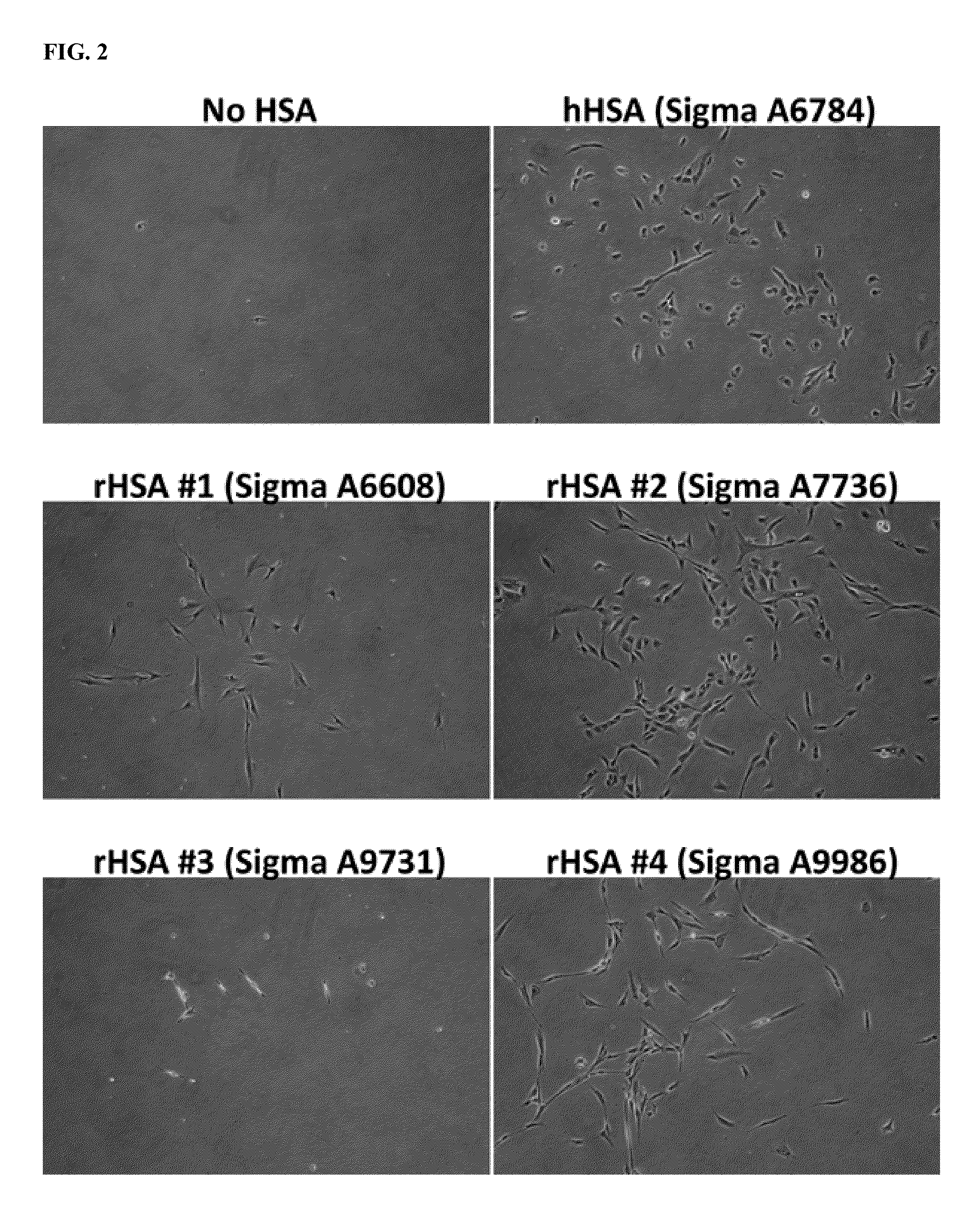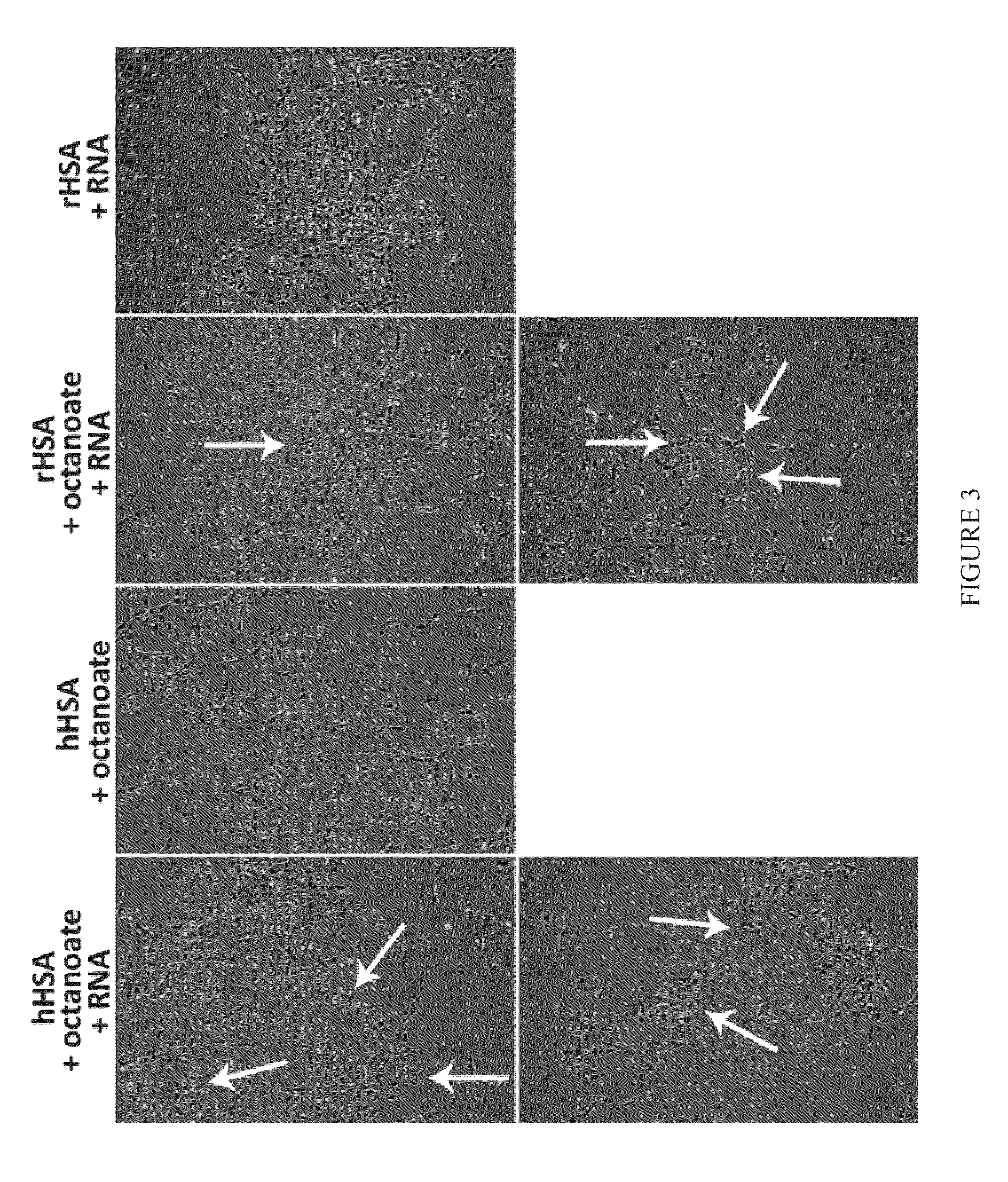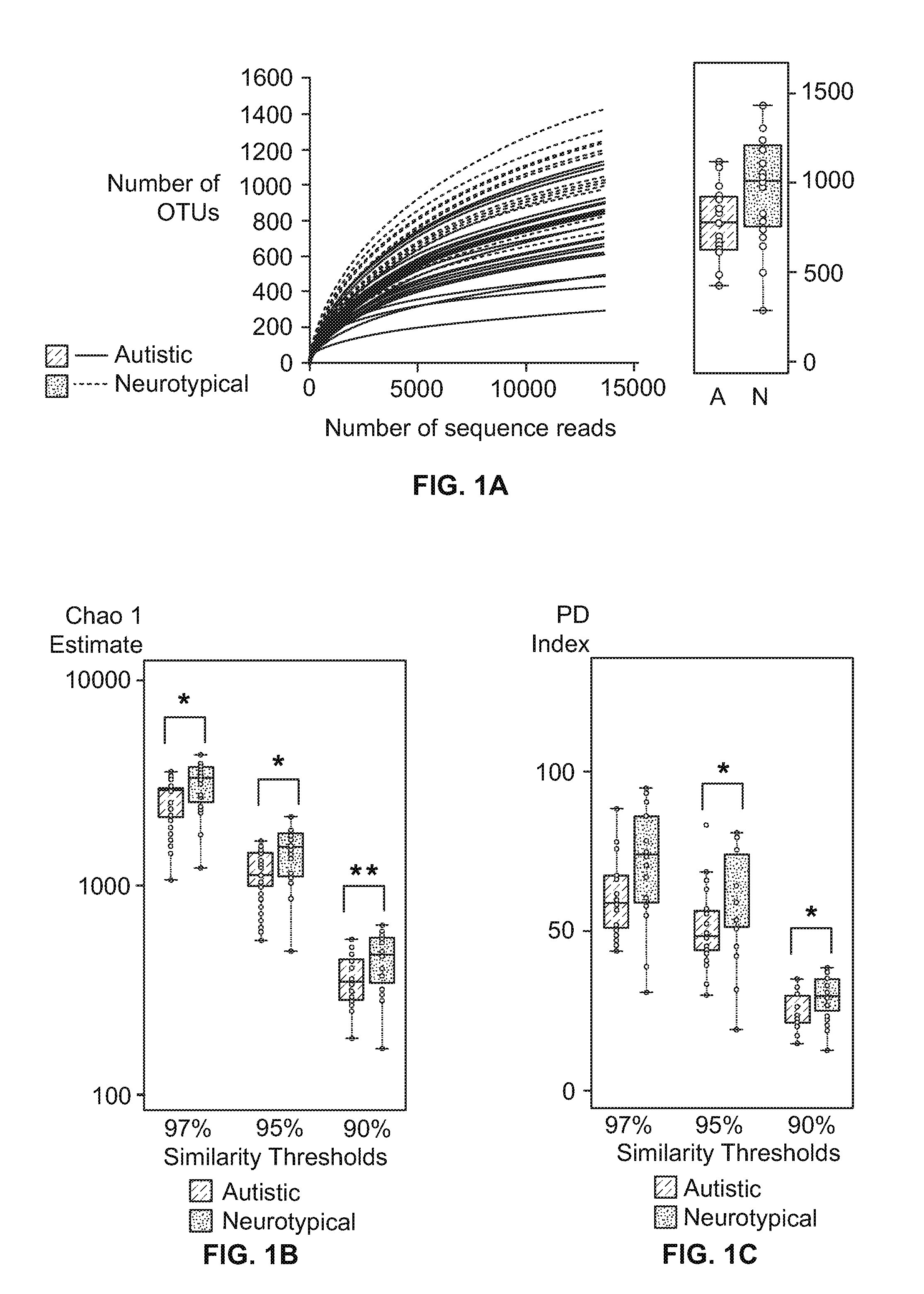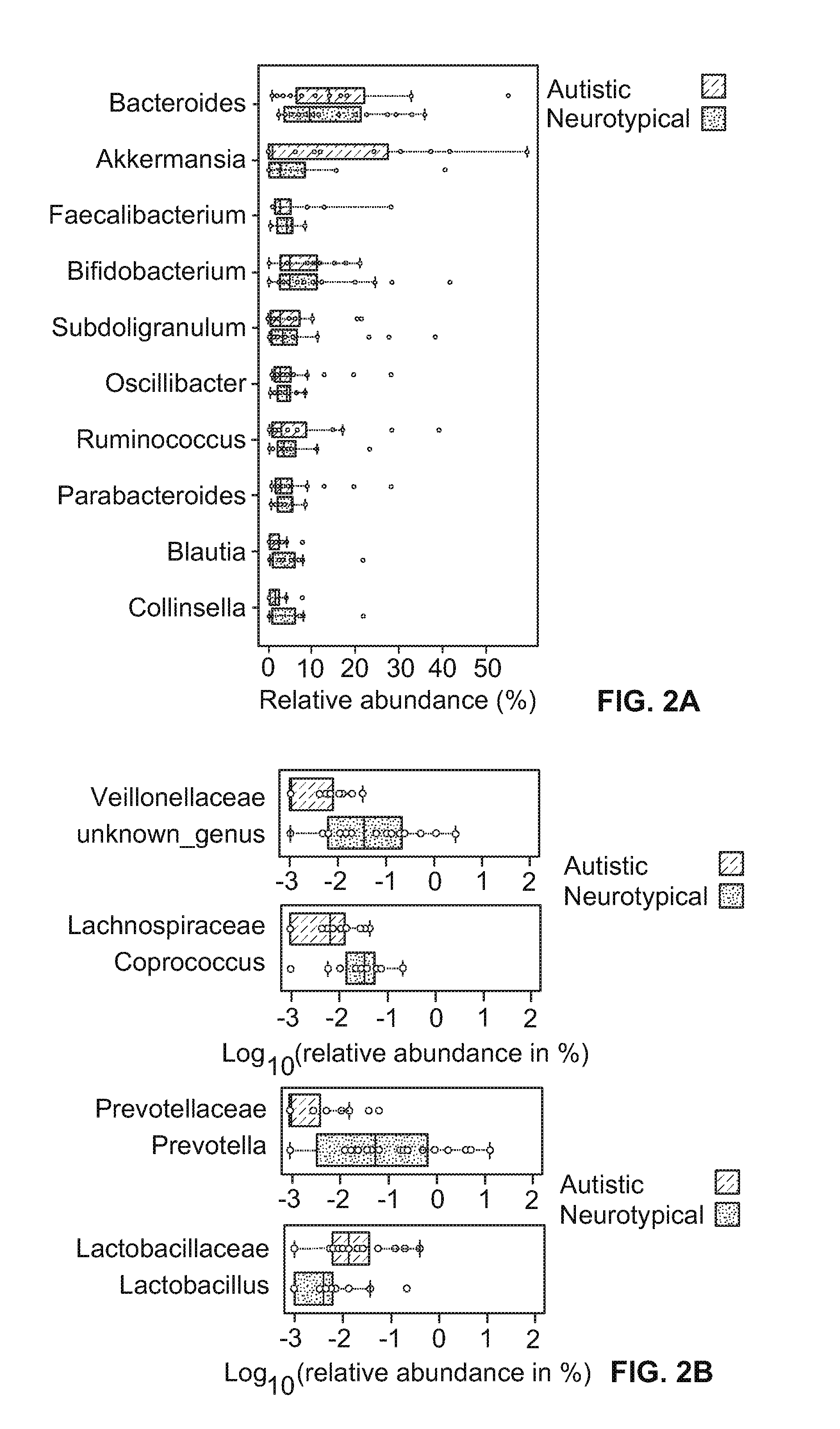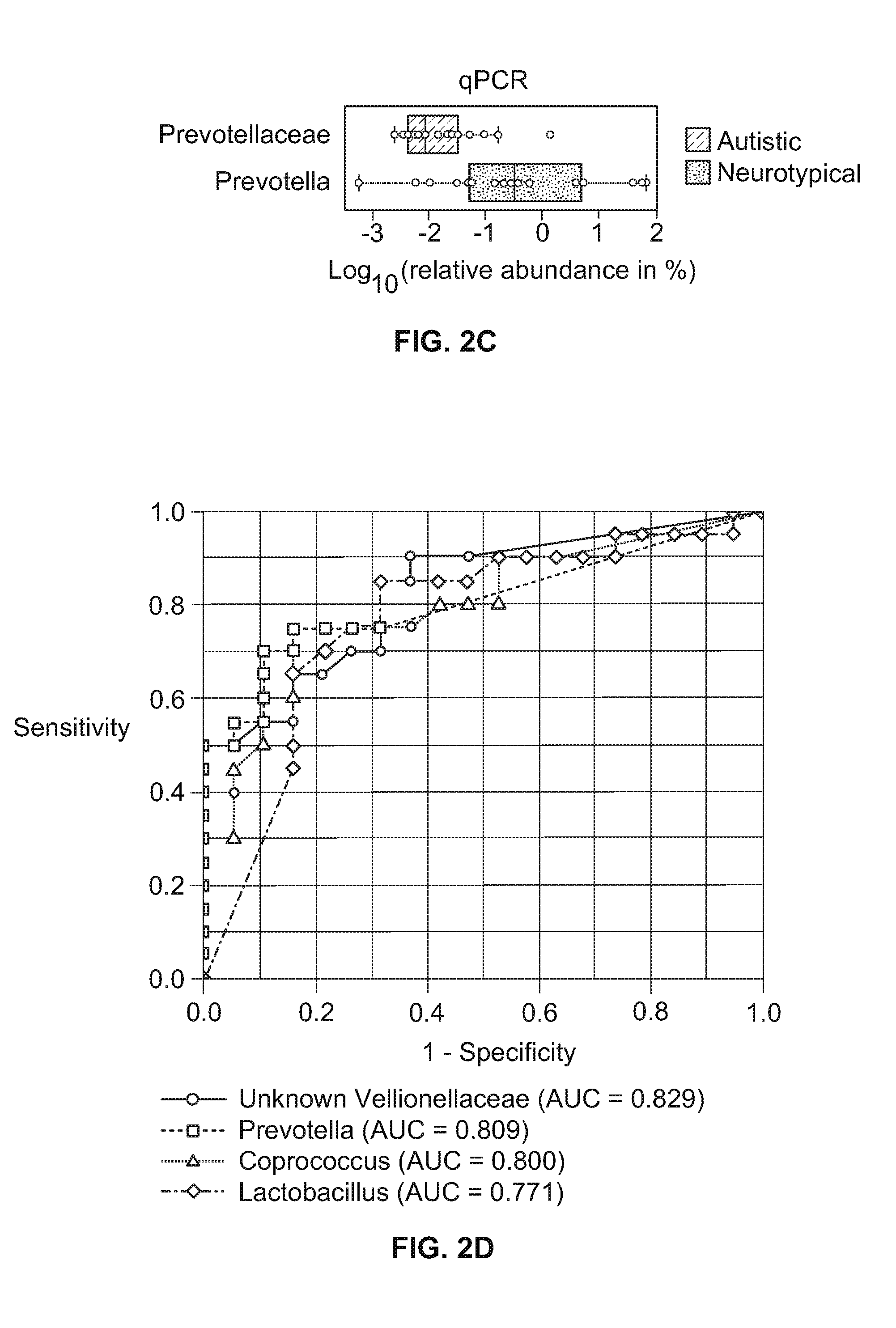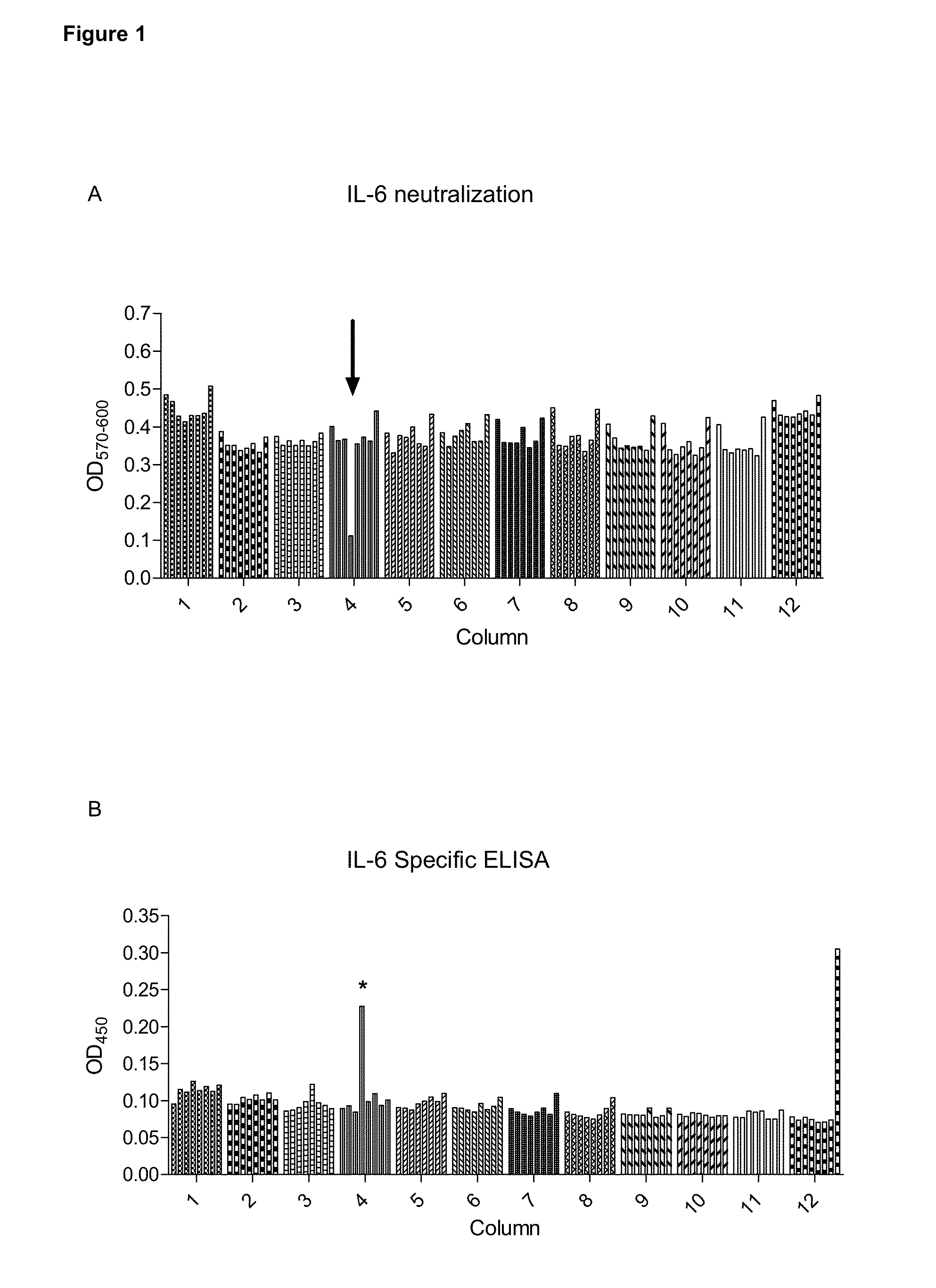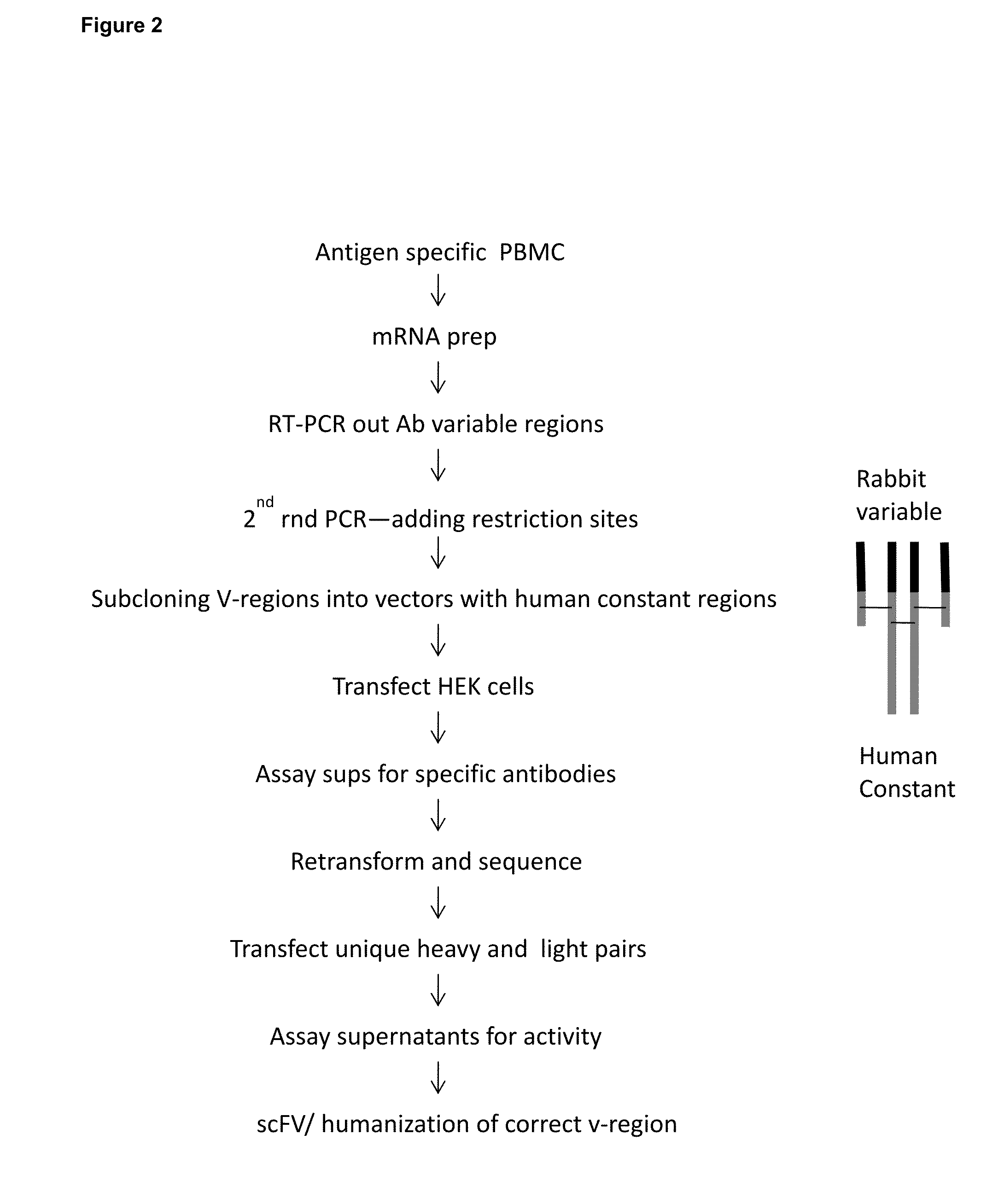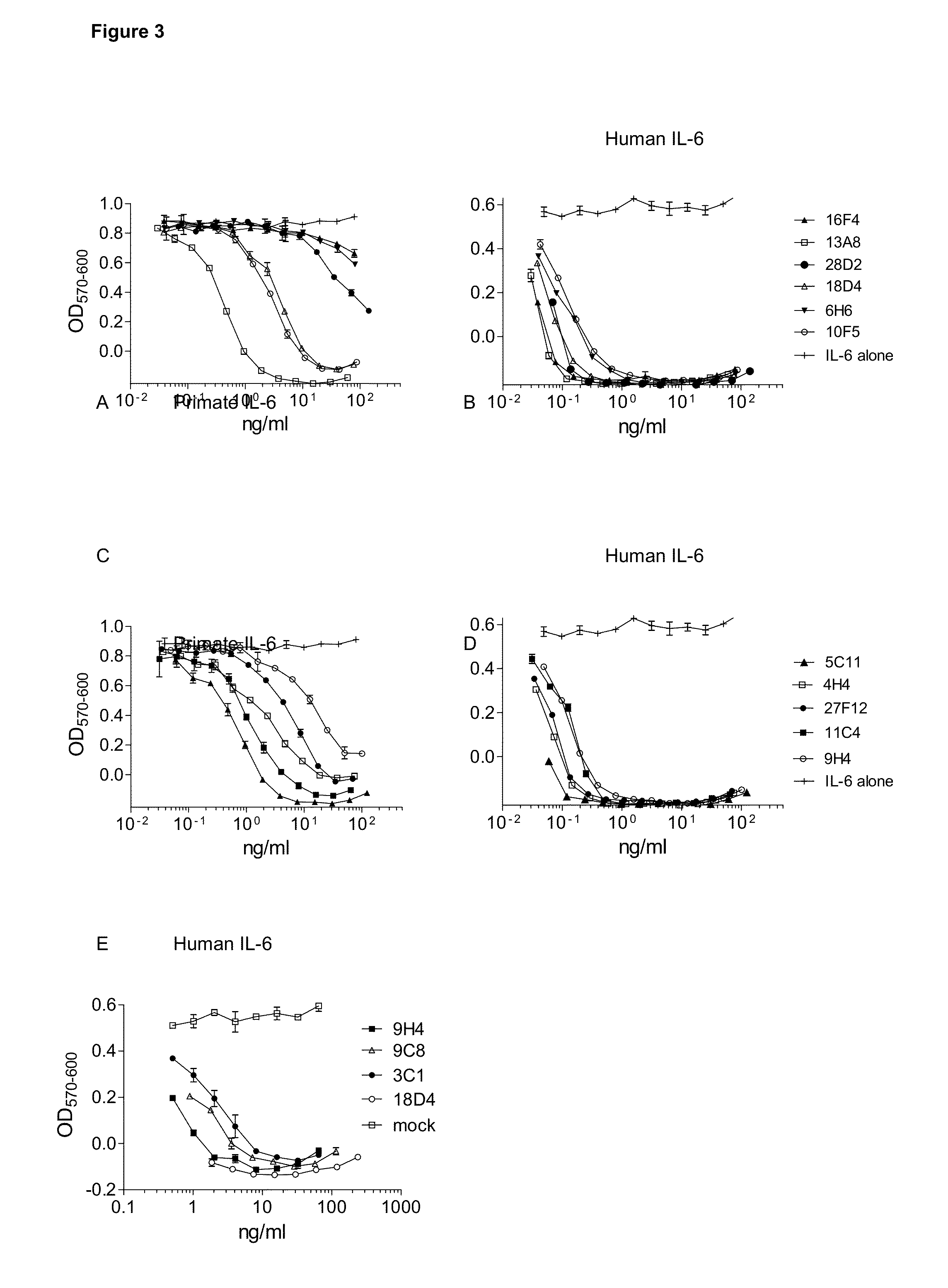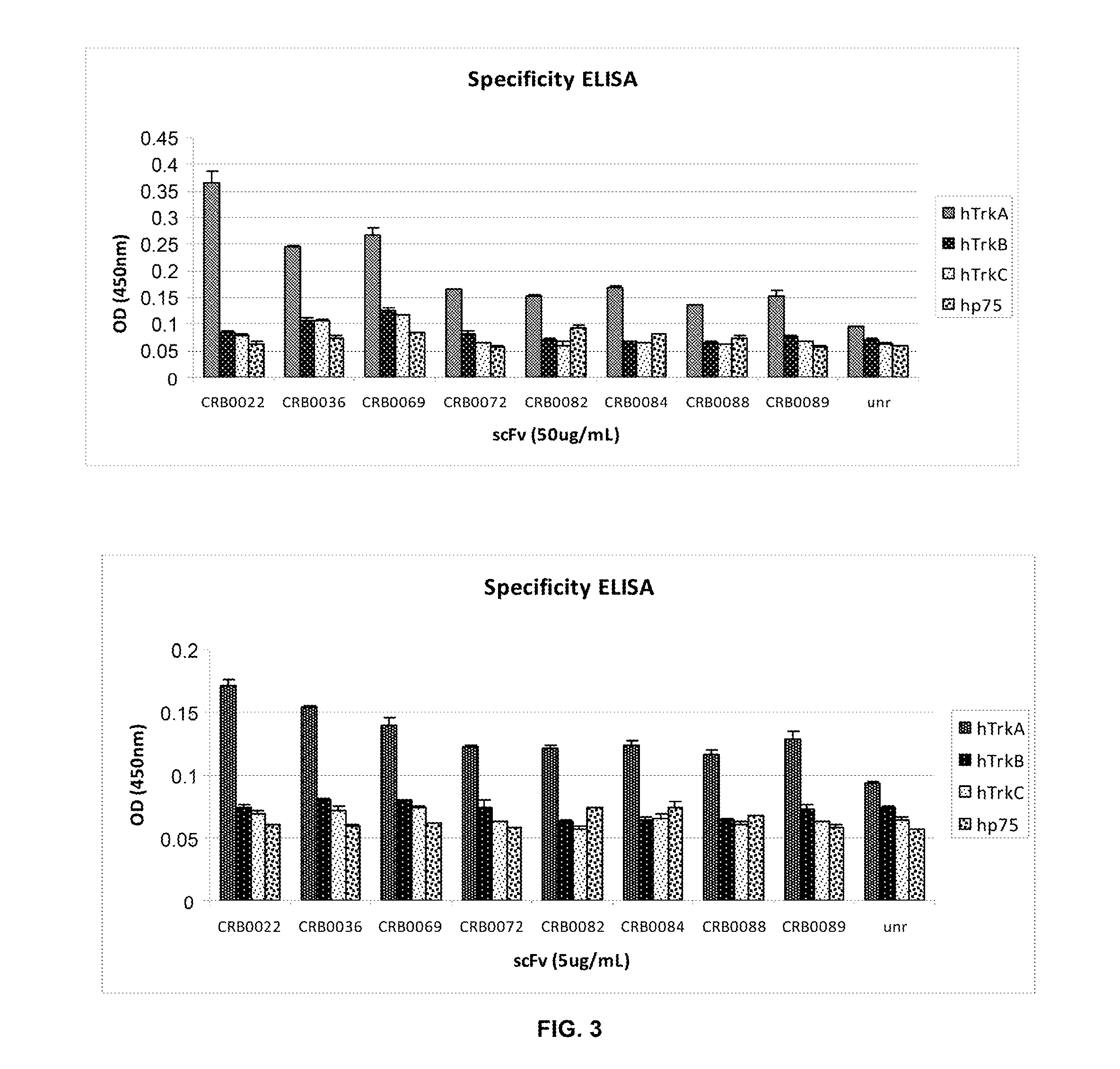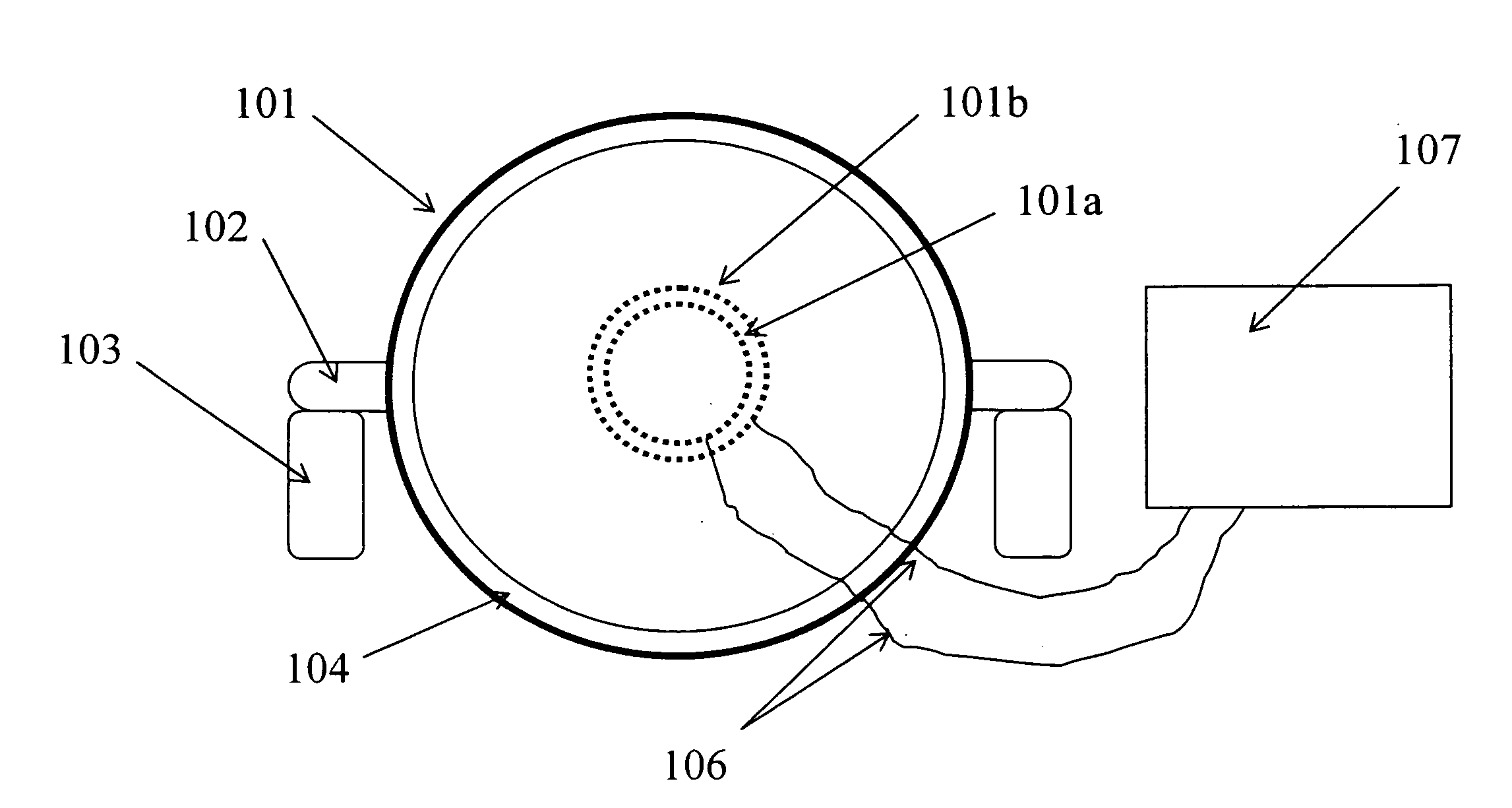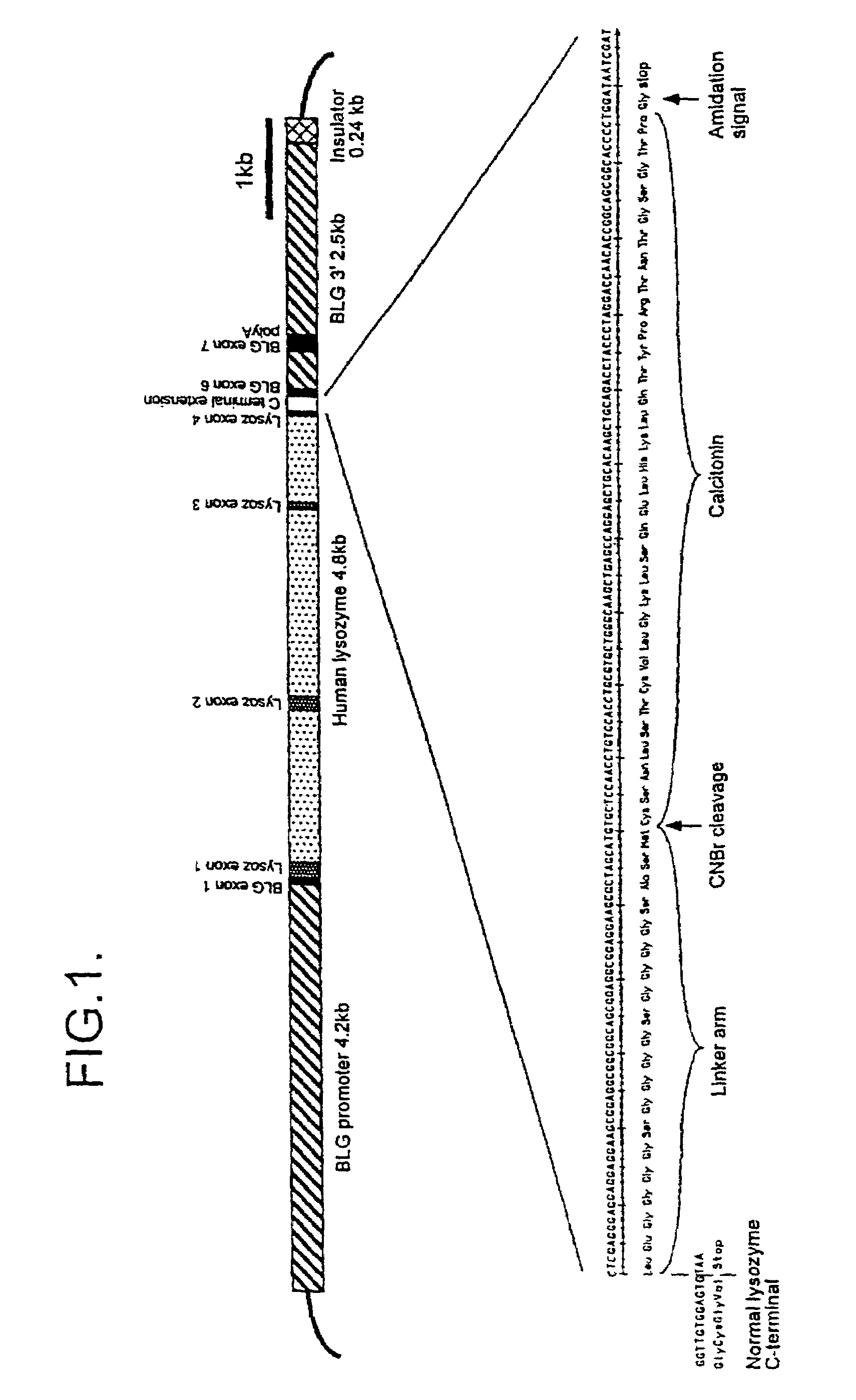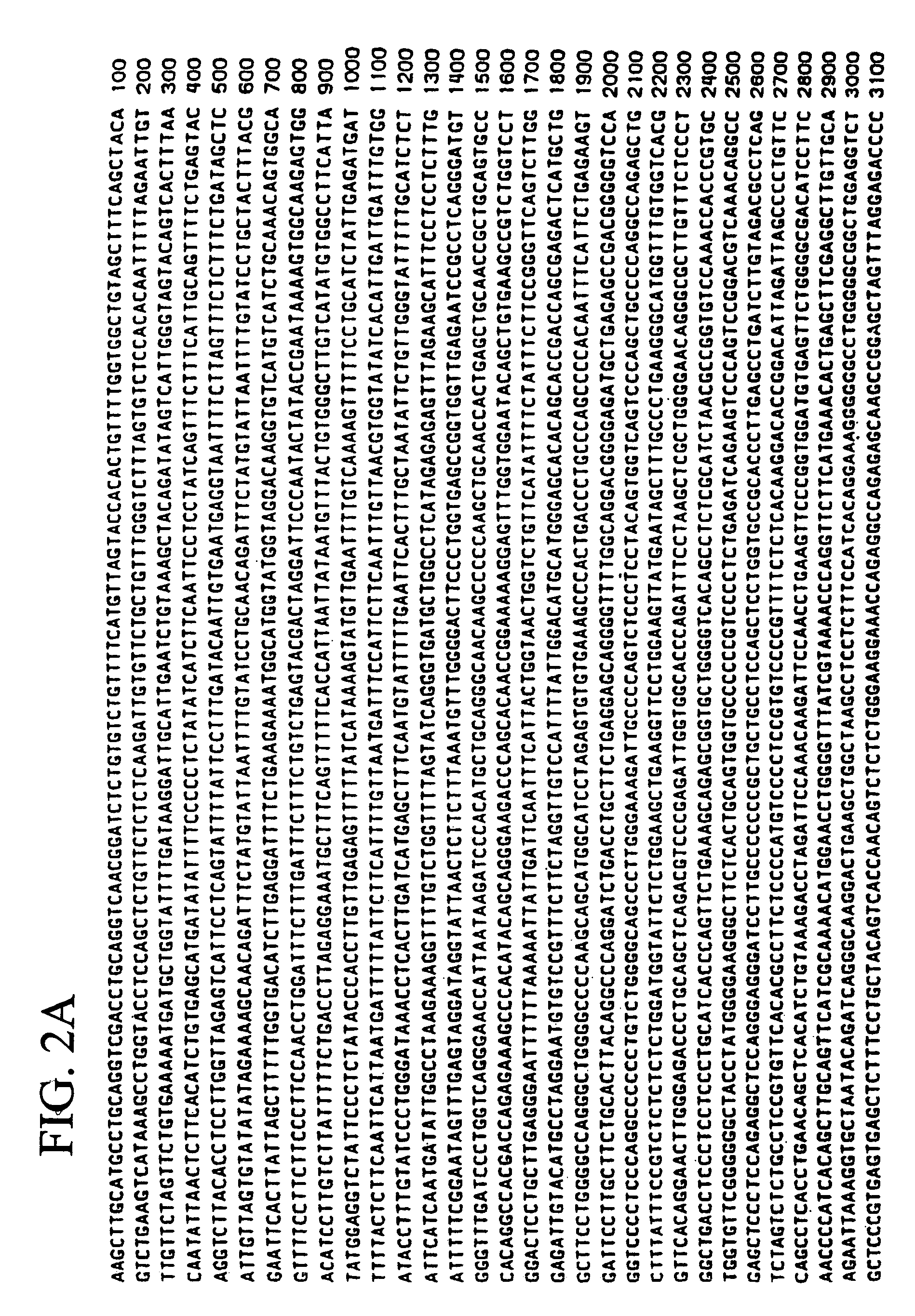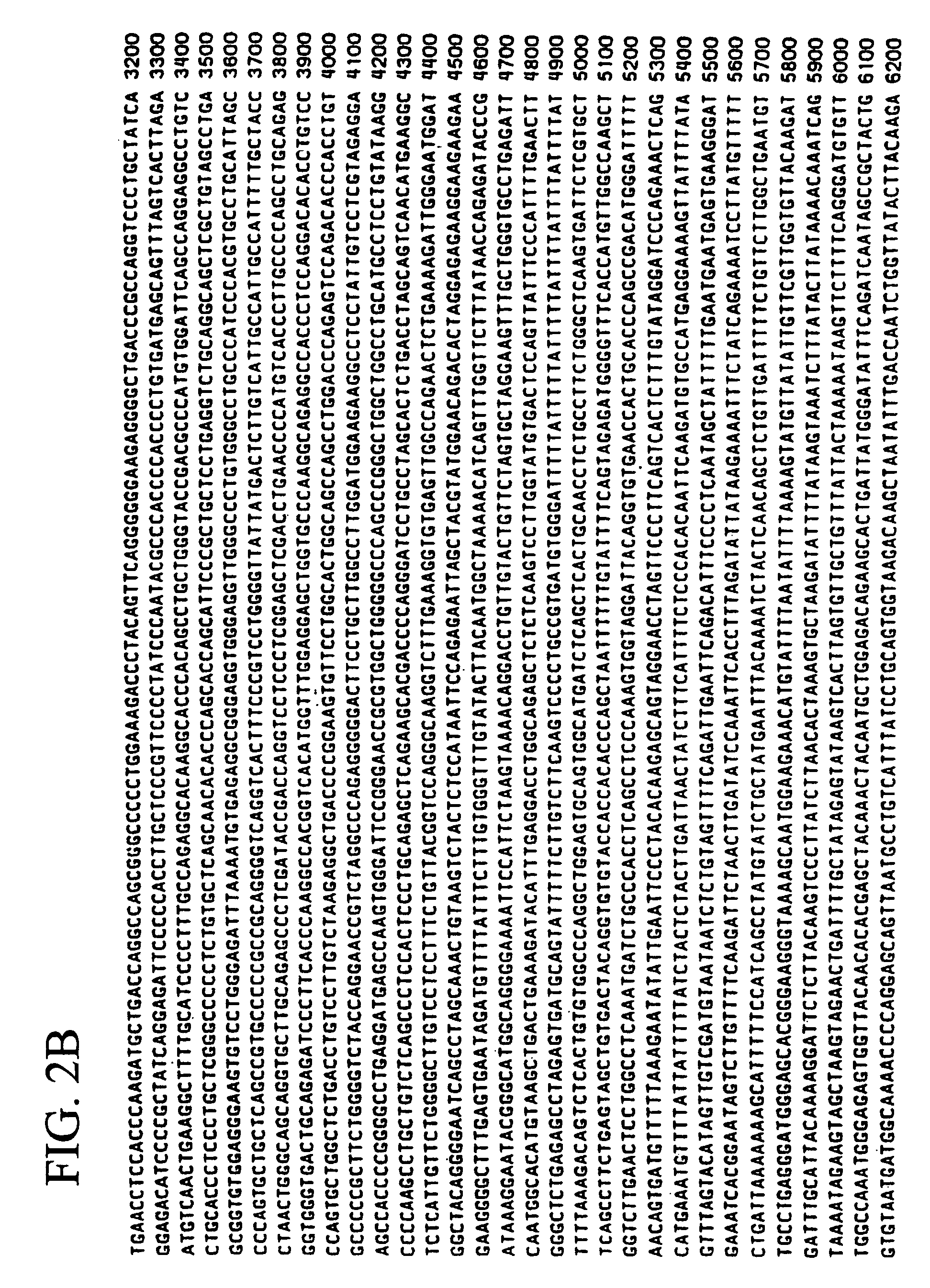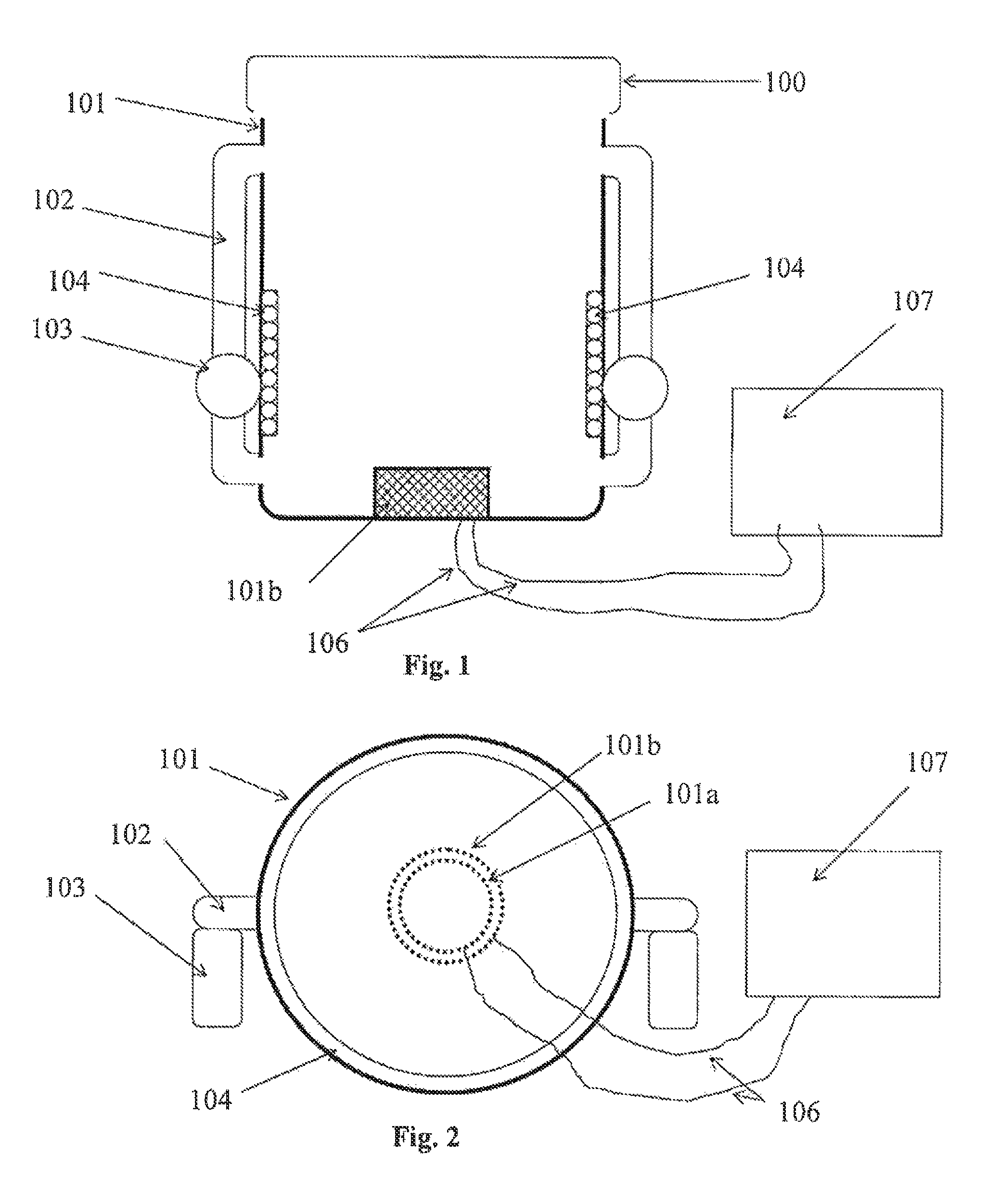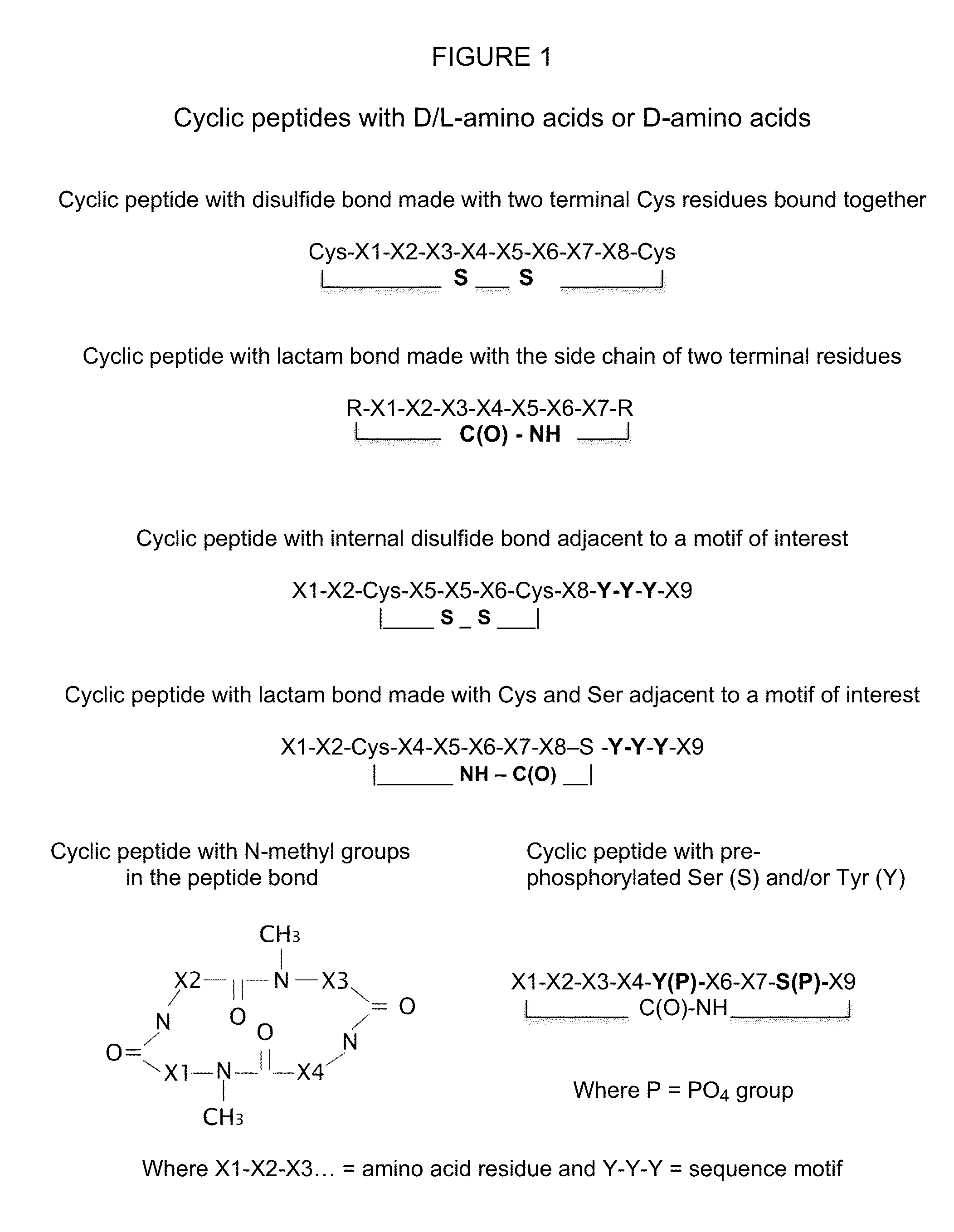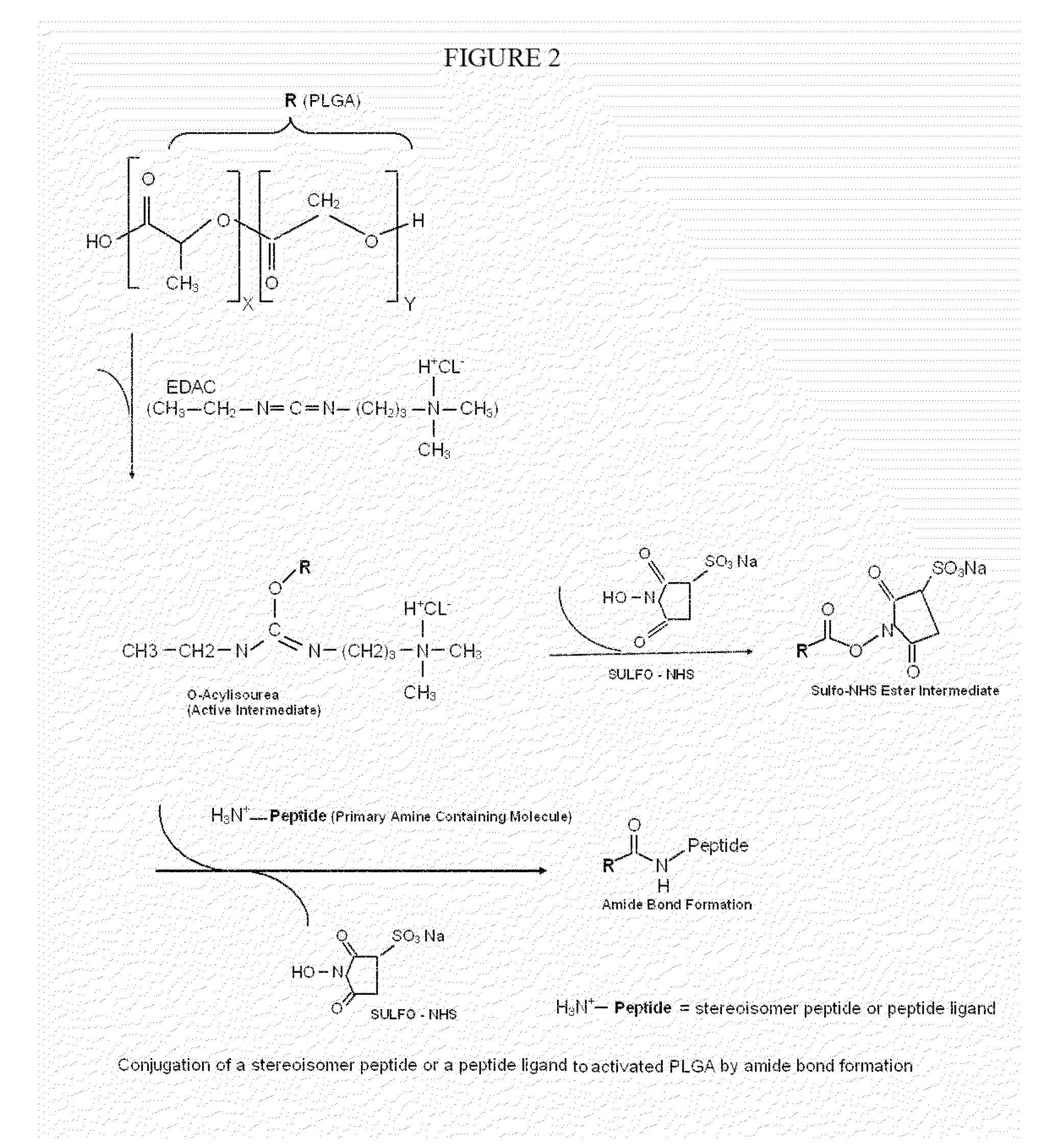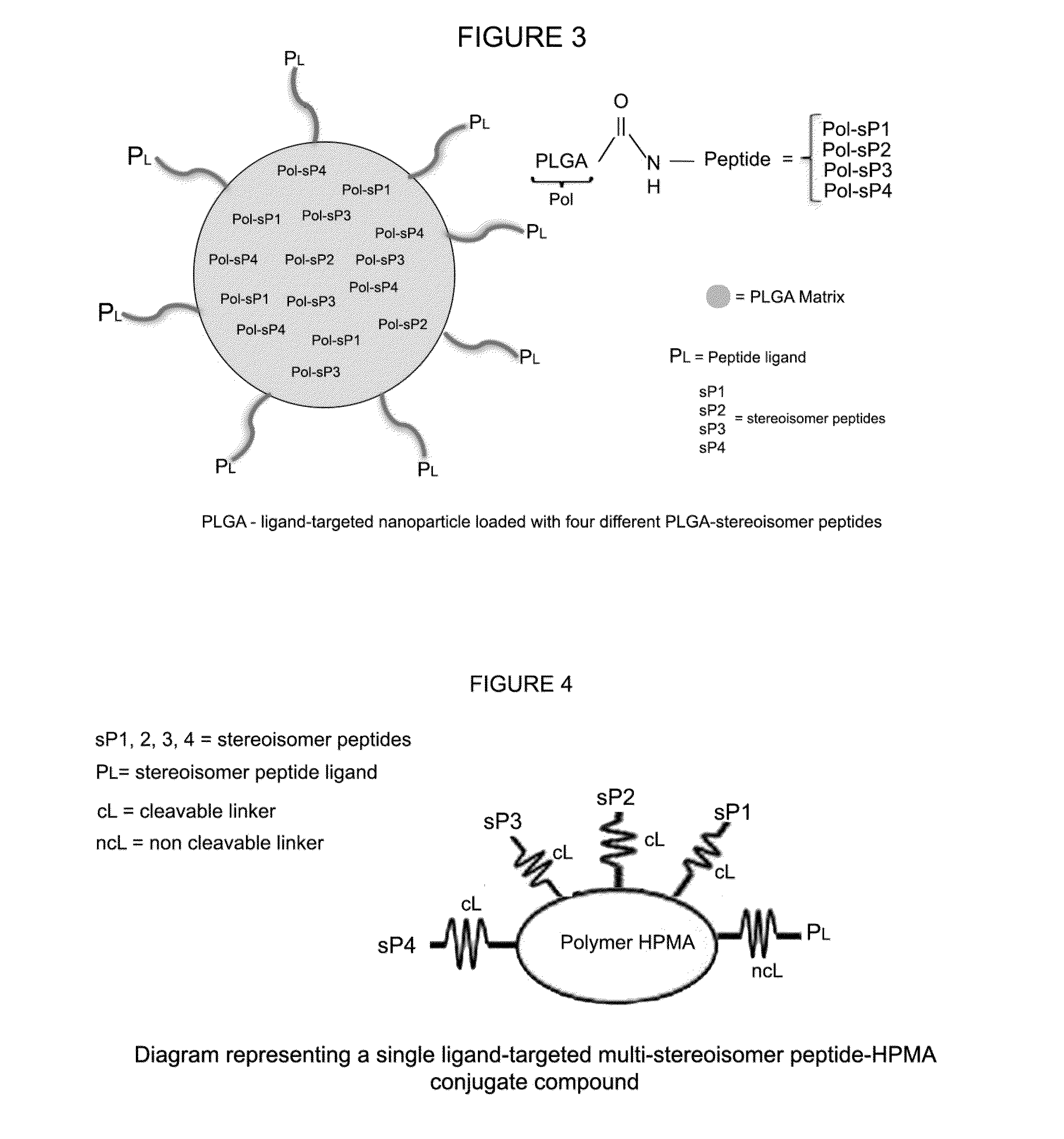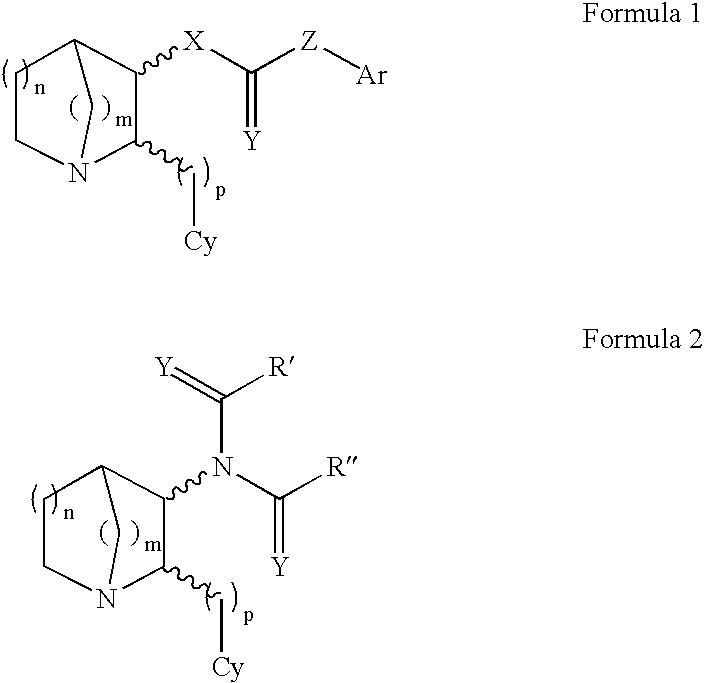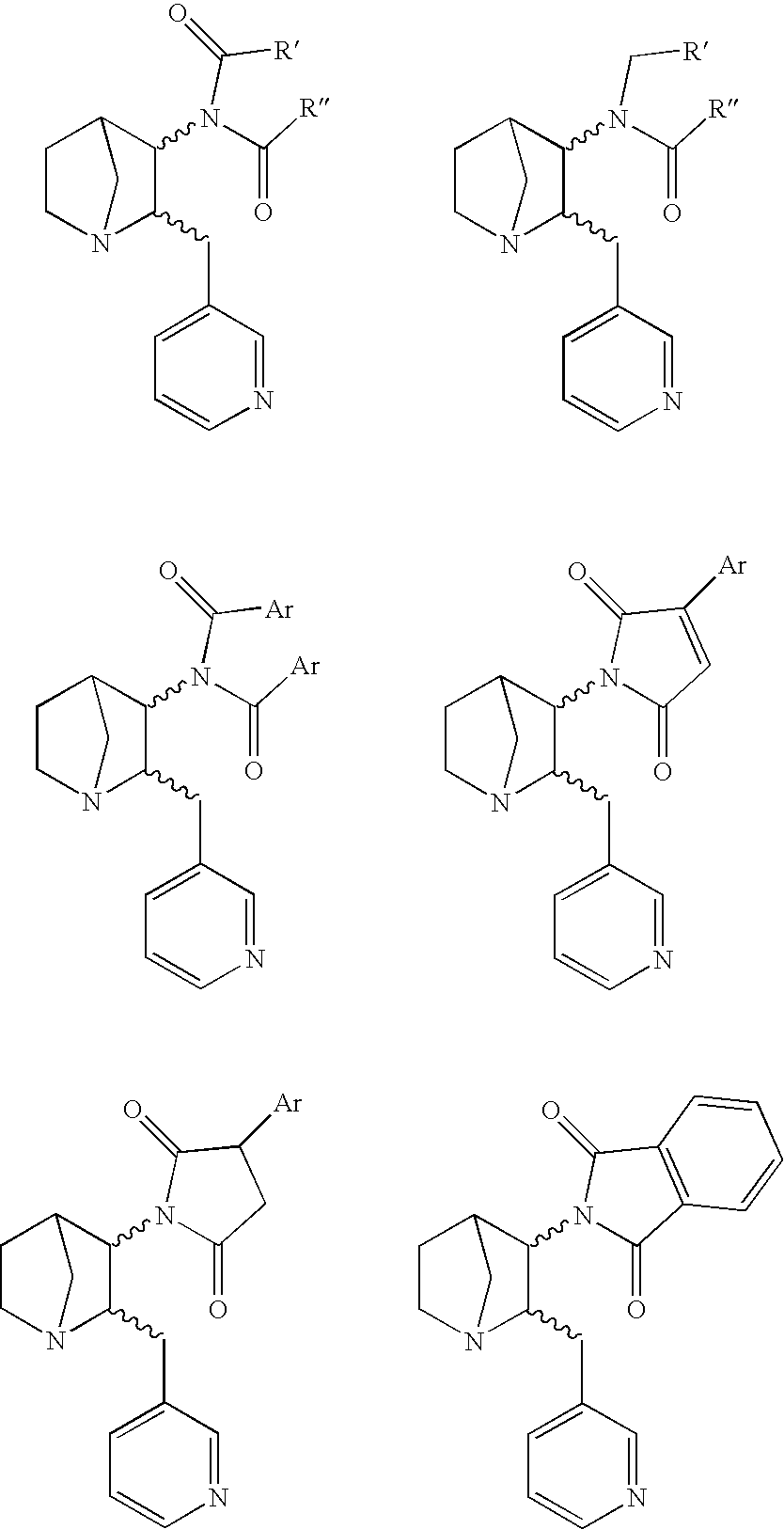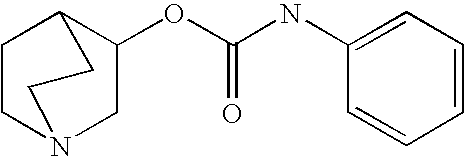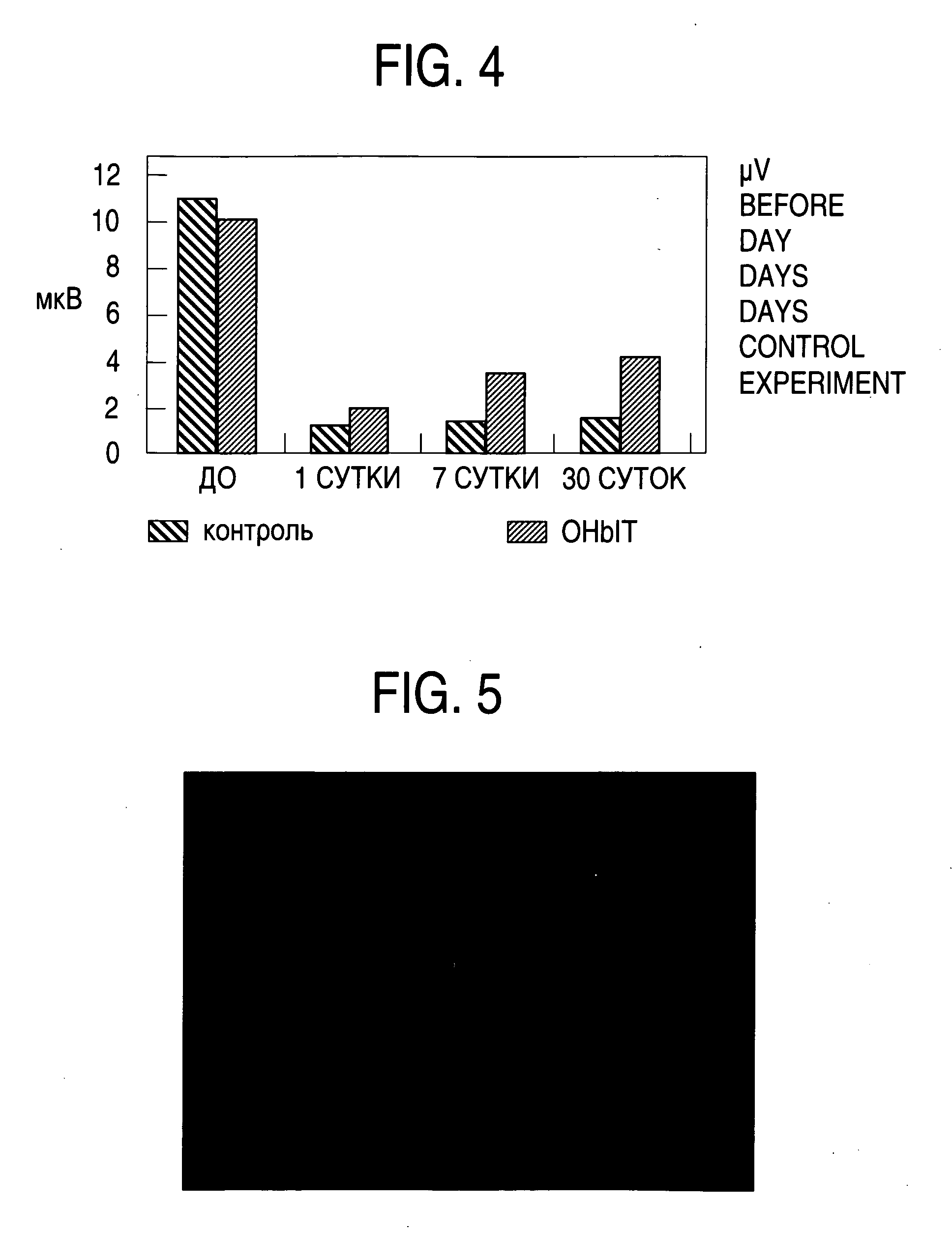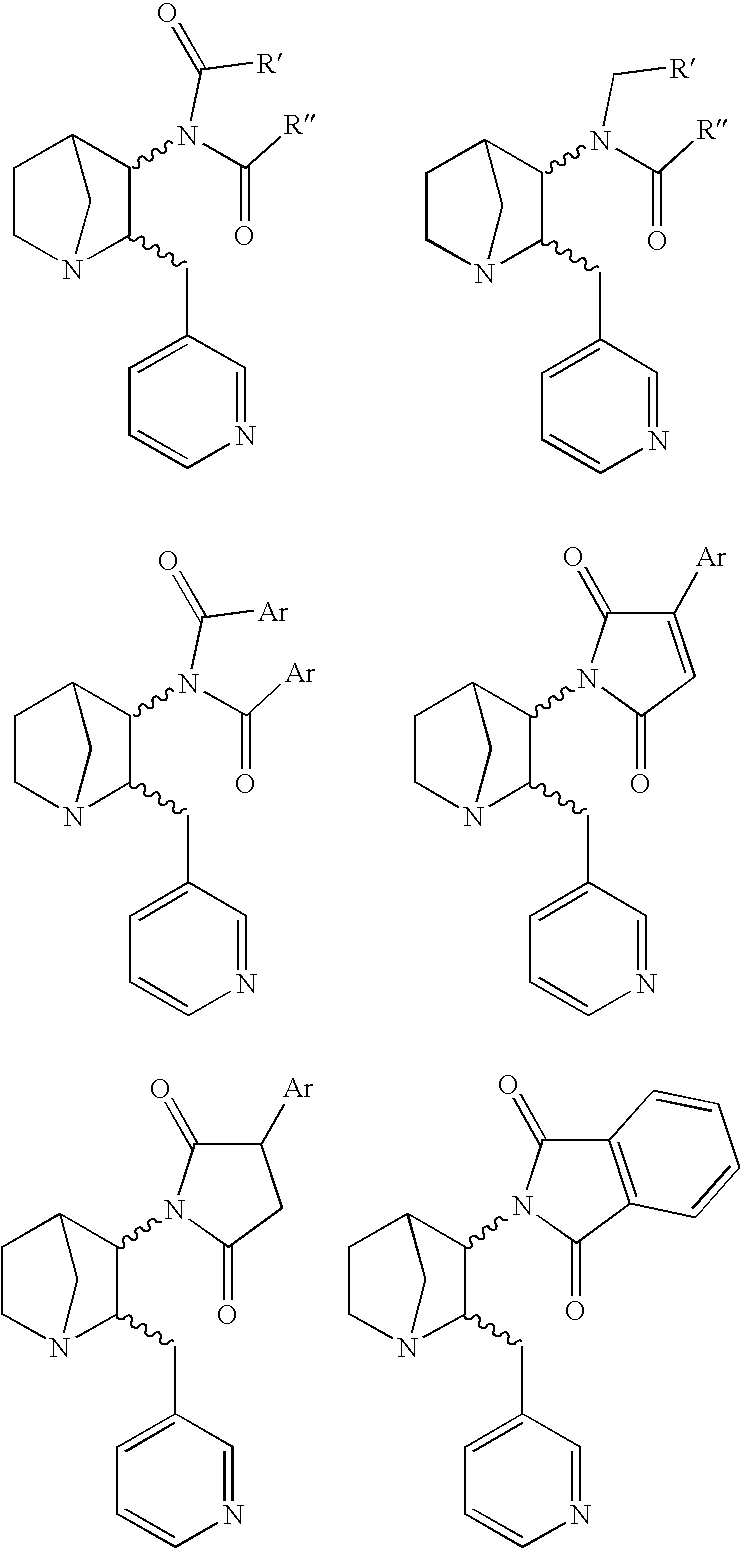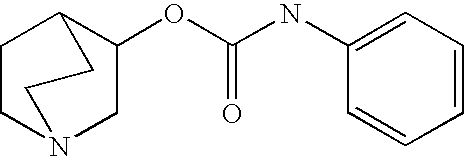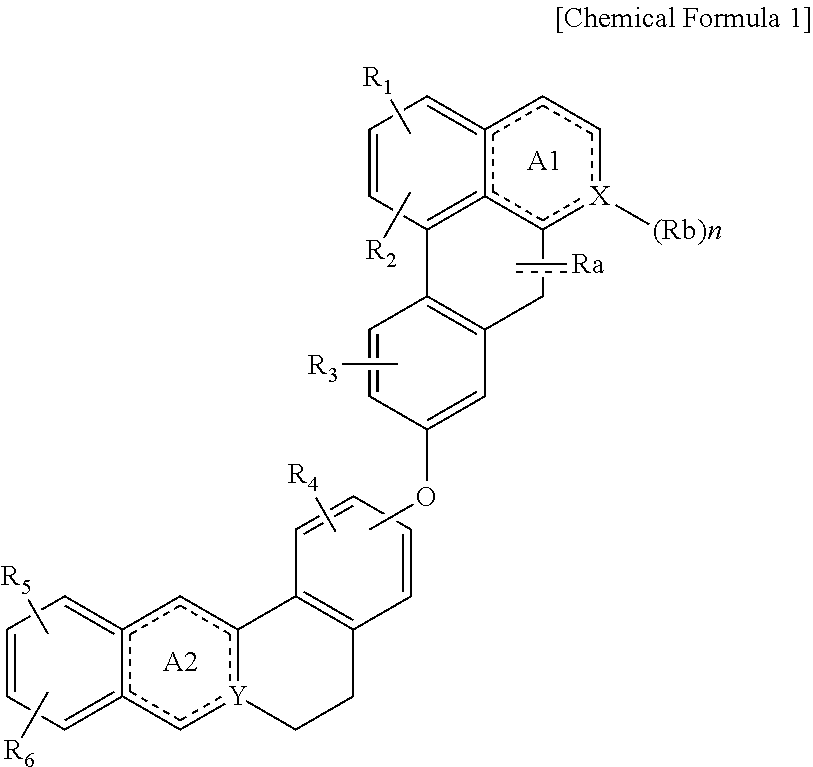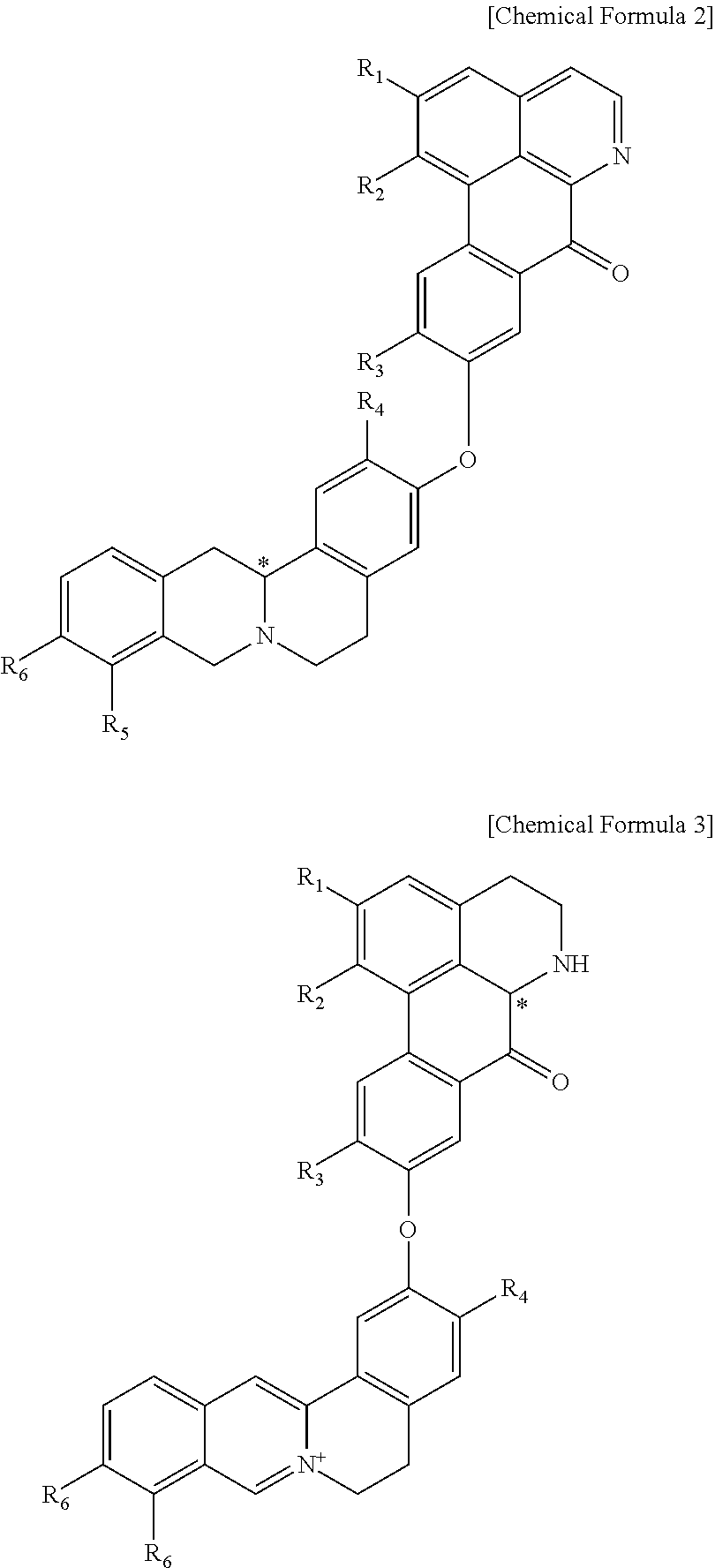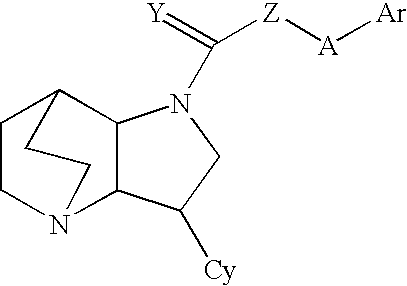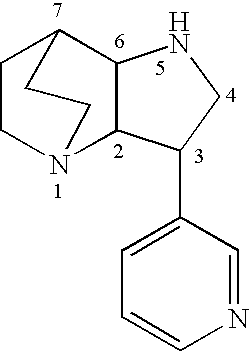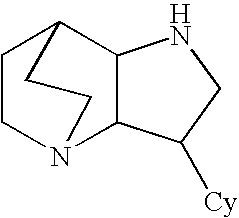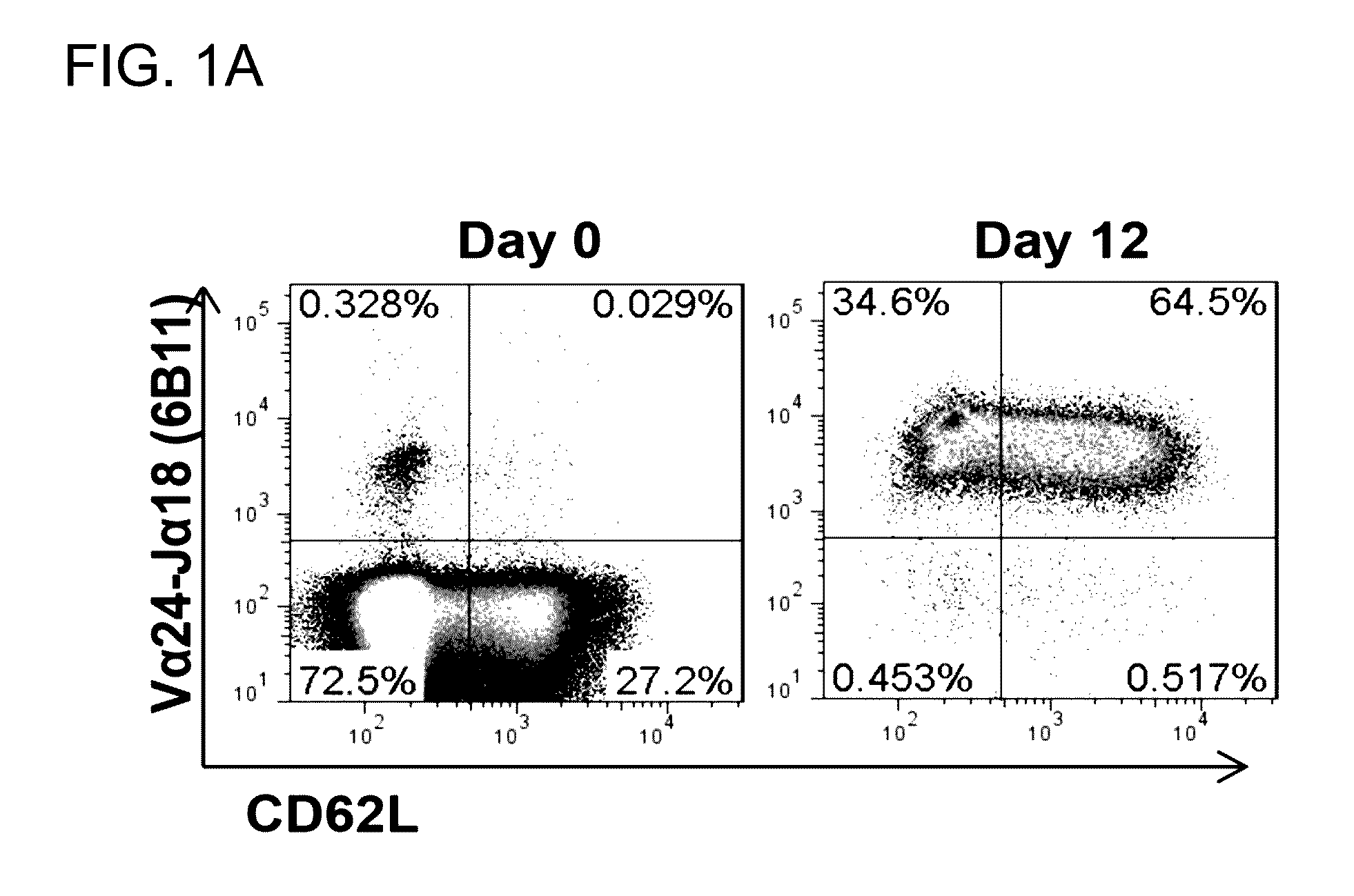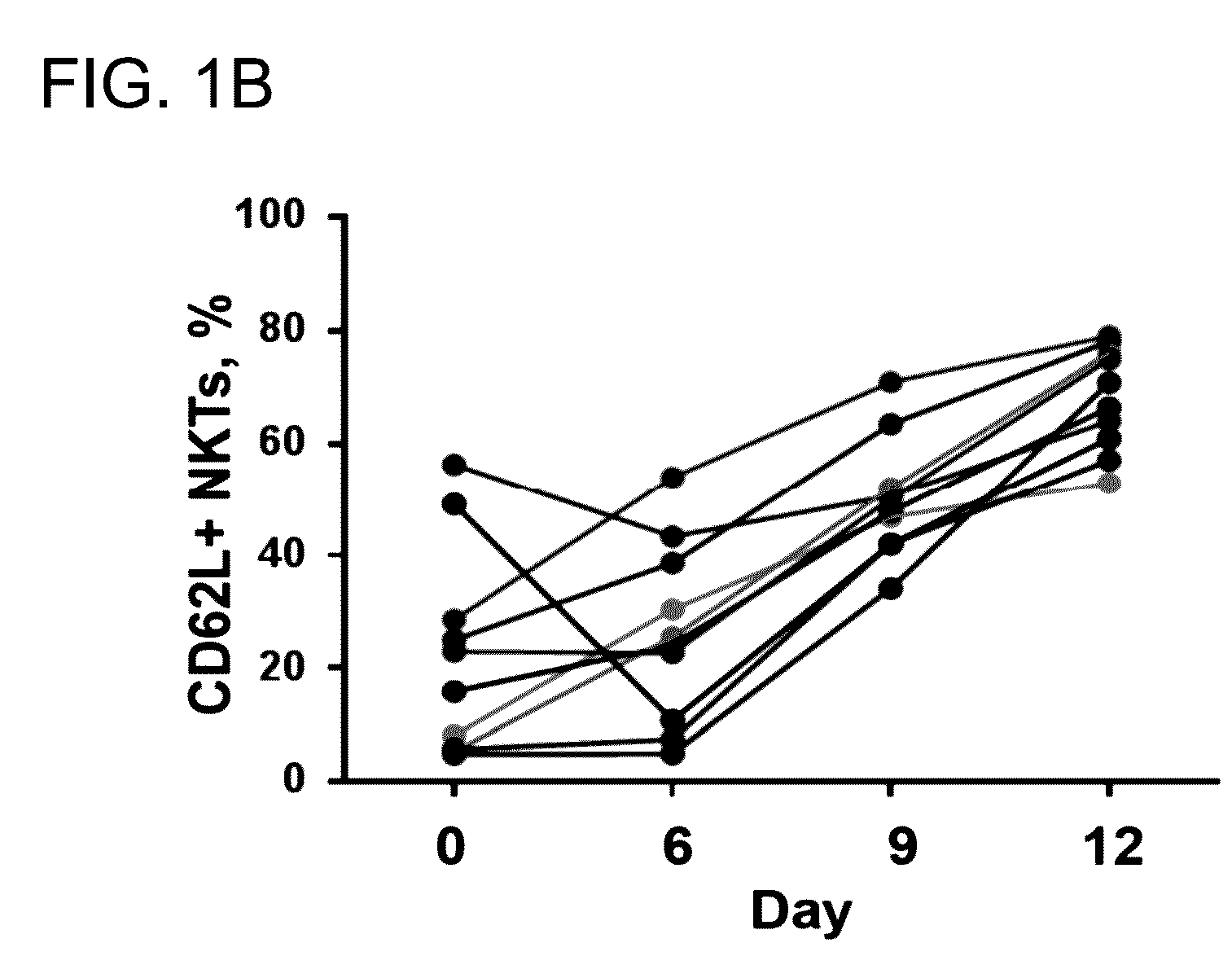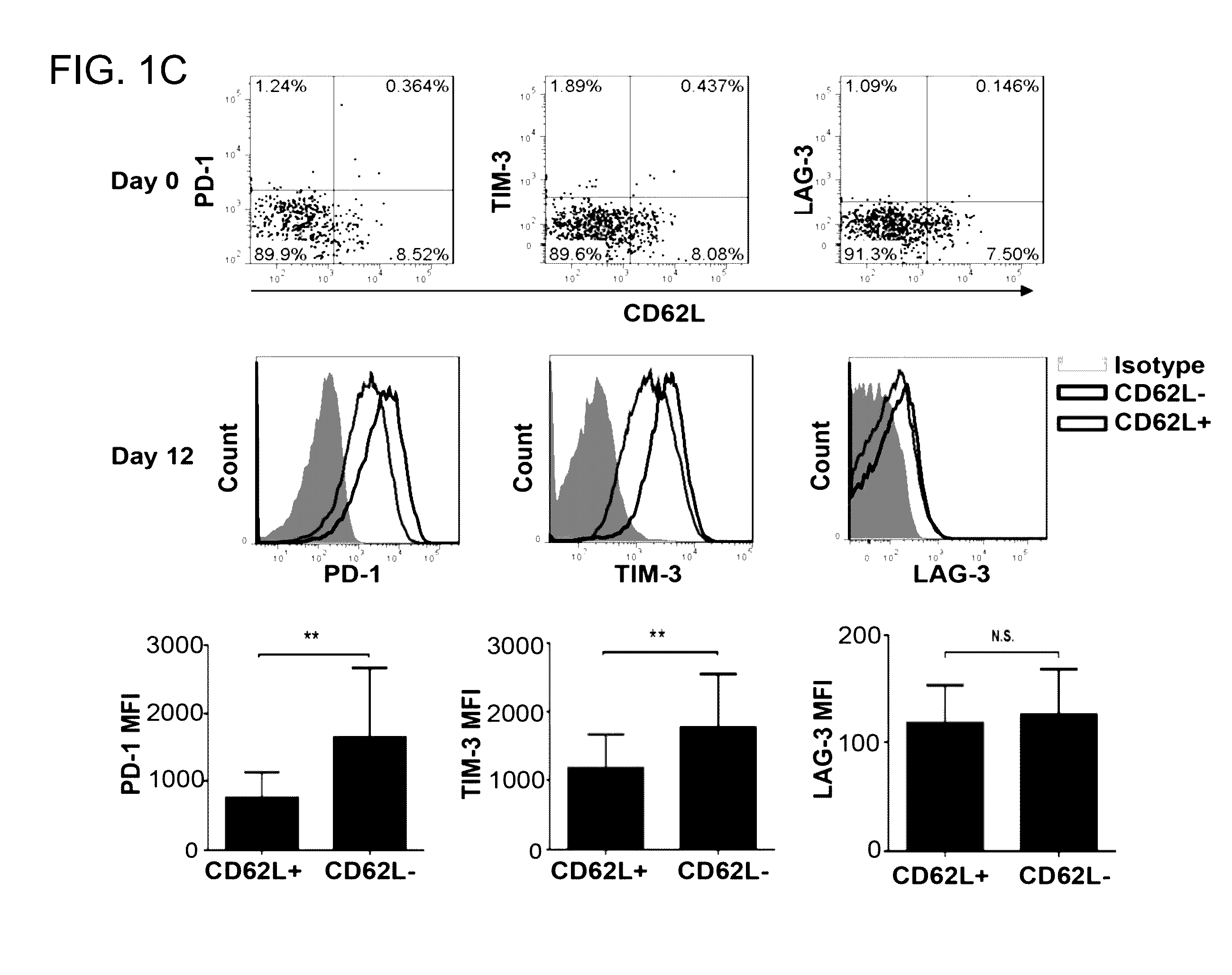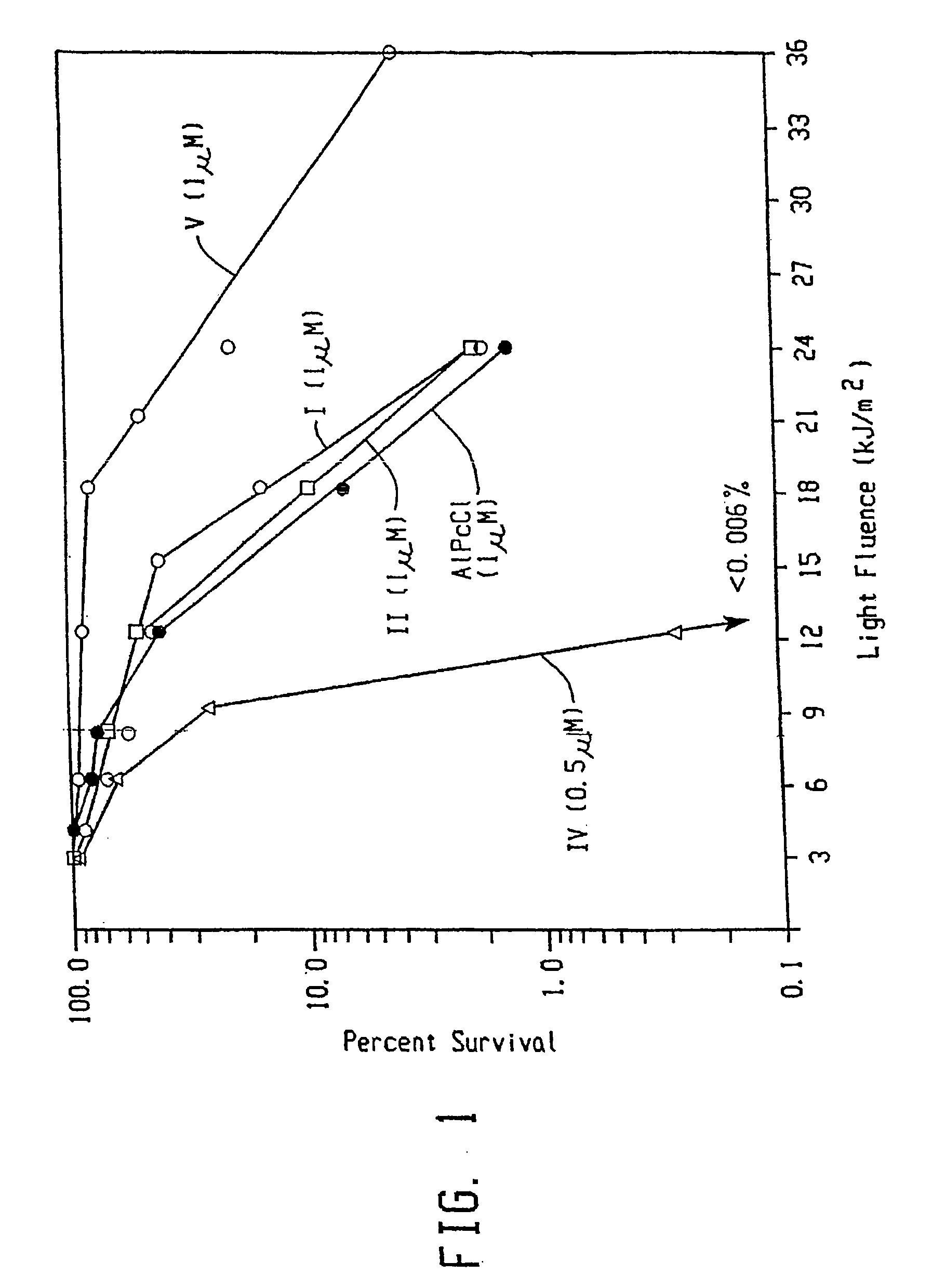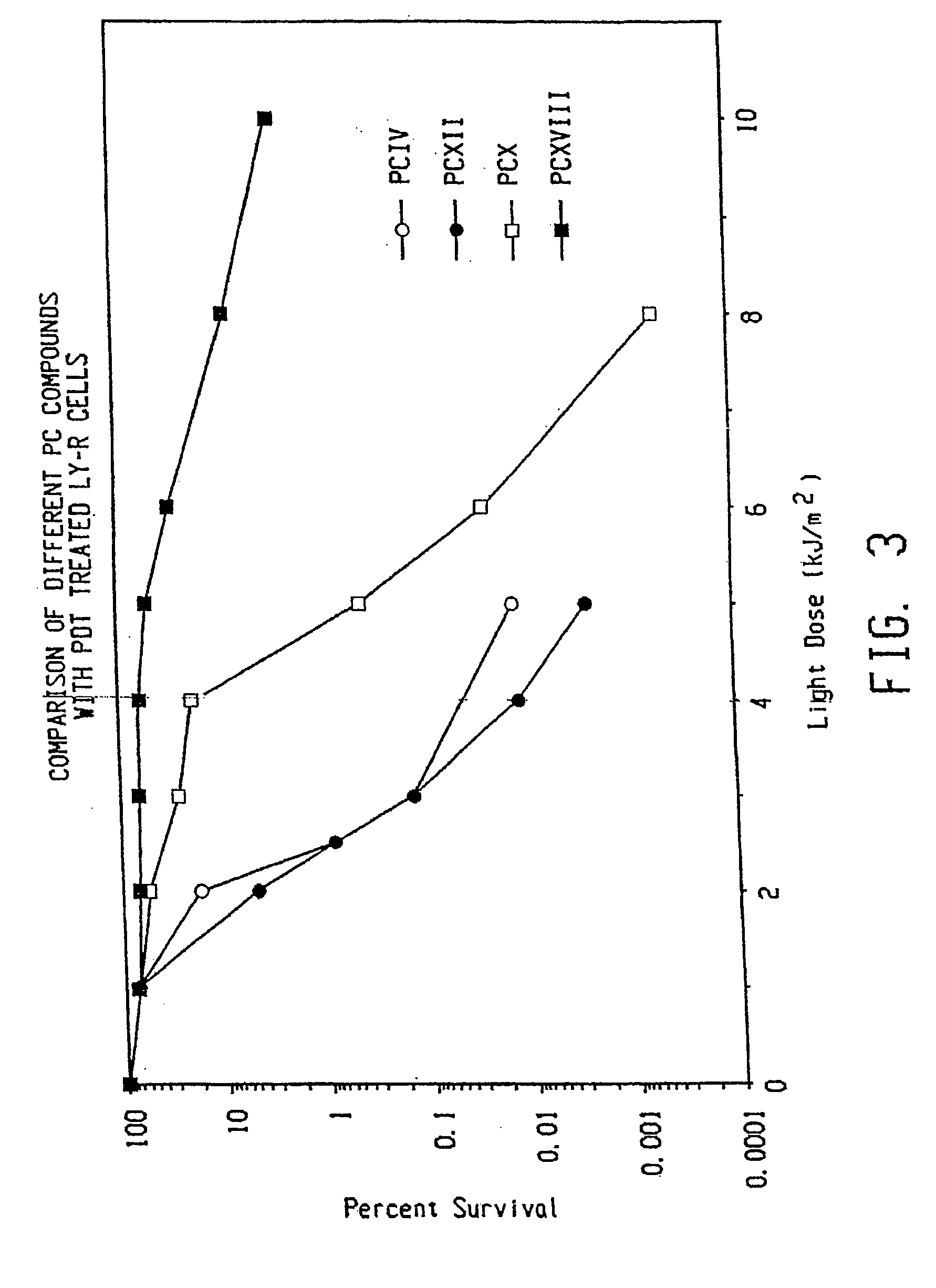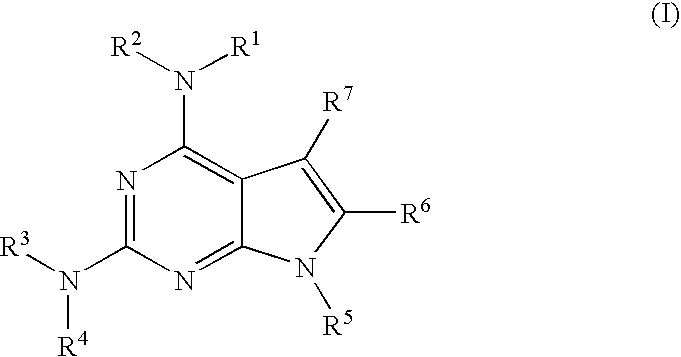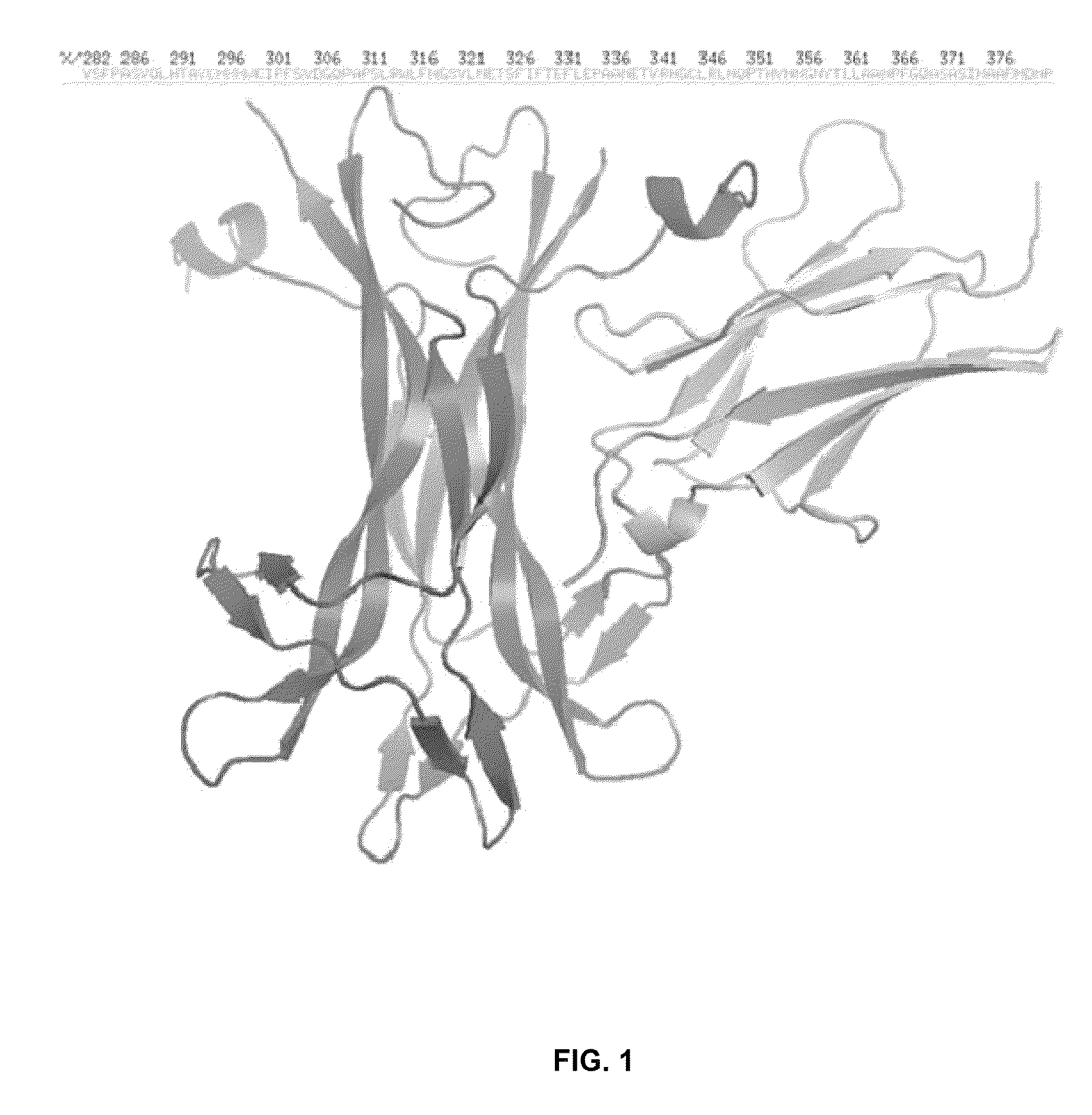Patents
Literature
Hiro is an intelligent assistant for R&D personnel, combined with Patent DNA, to facilitate innovative research.
41results about How to "Therapeutic application" patented technology
Efficacy Topic
Property
Owner
Technical Advancement
Application Domain
Technology Topic
Technology Field Word
Patent Country/Region
Patent Type
Patent Status
Application Year
Inventor
Methods and products for transfection
The present invention relates in part to methods for producing tissue-specific cells from patient samples, and to tissue-specific cells produced using these methods. Methods for reprogramming cells using RNA are disclosed. Therapeutics comprising cells produced using these methods are also disclosed.
Owner:FACTOR BIOSCI
Microbiome markers and therapies for autism spectrum disorders
ActiveUS20150152484A1Therapeutic applicationBiocideMicrobiological testing/measurementPhysiologyBacteroides coprocola
The present disclosure provides for characterization of normal flora and identifying biomarkers in the gut of healthy, neruotypical subjects. Aspect of the disclosure provide for the characterization of the gut microbiome in ADS subjects, characterized by reduced richness and significant loss of the ‘Prevotella-like enterotype’ compared to neurotypical subjects. The relative abundance of genera Prevotella, Coprococcus, Prevotellaceae and Veillonellaceae are significantly lower in autistic children than in neurotypical children. Further, Prevotella, is one of the three main classifiers for the human enterotypes, along with Bacteroides and Ruminococcus. These three core genera are among main contributors in the principle component analysis. ‘Prevotella-like enterotype’ was absent in the autistic group, while neurotypical samples showed an even distribution among the three enterotypes. The present disclosure provides for an understanding the association between gut microbiota, health, and disease states, and provides for potential diagnostic and therapeutic targets.
Owner:THE ARIZONA BOARD OF REGENTS ON BEHALF OF THE UNIV OF ARIZONA
Antibody derivatives
InactiveUS20140127209A1Improve stabilityImproved stability and half life and yieldNervous disorderHybrid immunoglobulinsAntibodyAnti-IL-6
Owner:MEDIMMUNE LTD
Anti-trka antibodies, derivatives and uses thereof
InactiveUS20130336964A1Inhibit functioningPreventing the functional activationImmunoglobulins against cell receptors/antigens/surface-determinantsAntibody ingredientsAntigen Binding FragmentSynthetic antigen
The present invention relates to an antibody, recombinant or synthetic antigen-binding fragments thereof able to recognise and bind an epitope comprised in the TrkA amino acid sequence, medical uses thereof and a pharmaceutical composition comprising at least one of the above antibody, recombinant or synthetic antigen-binding fragments thereof.
Owner:ROTTAPHARM BIOTECH SRL
Method and apparatus for producing a stabilized antimicrobial non-toxic electrolyzed saline solution exhibiting potential as a therapeutic
InactiveUS20090110749A1Small electrical conductivityIncrease effective voltageBiocideFrom normal temperature solutionsMammalHypertonic saline
An improved method and apparatus is disclosed for producing a stable, non-toxic, antimicrobial electrolyzed saline solution with a broad range of anti-infective and therapeutic applications. The resulting solution is balanced to normal and hypertonic saline and has been shown to exhibit remarkable antimicrobial, antiviral and therapeutic characteristics. The nature of this solution makes it suitable for applications in food safety, animal health, agriculture and sterilization. The solution also exhibits a marked lack of toxicity upon intravenous, aspired, oral or topical application in mammals. The therapeutic applications represent a broad platform, possibly covering a variety of potential areas of use, including topical disinfection, antimicrobial application, wound treatment, oxidative stress reduction and enhancement of immune function to better detect malfunctioning cells.
Owner:MEDICAL MANAGEMENT RES
Fusion proteins incorporating lysozyme
InactiveUS7045677B2High yieldSimple and inexpensive to purifyAntibody mimetics/scaffoldsCalcitoninsTarget peptideA-DNA
A process for the production of a peptide is disclosed, the process comprising expressing in the milk of a transgenic, non-human, placental mammal a fusion protein which comprises the peptide to be expressed linked to a fusion partner protein which is lysozyme. The fusion protein may be separate from the milk and cleaved to yield the target peptide. A transgenic, non-human, placental mammal whose genome incorporates a DNA molecule comprising a coding sequence encoding lysozyme coupled to a peptide is also described.
Owner:PHARMING INTPROP BV
Method and apparatus for producing a stablized antimicrobial non-toxic electrolyzed saline solution exhibiting potential as a therapeutic
ActiveUS8367120B1Small electrical conductivityIncrease effective voltageBiocideElectrolysis componentsMicroorganismSaline water
An improved method and apparatus for producing a stable, non-toxic, antimicrobial electrolyzed saline solution with a broad range of anti-infective and therapeutic applications. The resulting electrolyzed saline solution exhibits a marked lack of toxicity upon intravenous, aspired, oral or topical application in mammals for therapeutic applications providing a broad platform, including topical disinfection, antimicrobial application, wound treatment, oxidative stress reduction and enhancement of immune function to better detect malfunctioning cells.
Owner:RDG HLDG INC
Stereoisomer peptides, their polymer conjugates, their encapsulation into nanoparticles, and uses thereof for the treatment of diseases caused by abnormal angiogenesis.
ActiveUS20150050351A1Resistance to degradationExtended shelf lifePeptide/protein ingredientsEnzyme stabilisationPeptide ligandBlood vessel
This invention discloses the creation of a novel single ligand-targeted multi-stereoisomer peptide-polymer conjugate compounds comprising a group of different synthetic and chemically modified stereoisomer peptides that have been conjugated to a biocompatible polymer carrying a peptide ligand for targeted delivery and / or encapsulated in ligand targeted polymer nanoparticles. The unique physicochemical properties of the stereoisomer peptides provide therapeutic compounds with ideal biopharmaceutical properties. The stereoisomer peptides carried by the polymer are delivered to cells or tissues to inhibit, suppress, block, antagonize or disrupt, simultaneously and independently, the functional domain of different disease causing proteins. Therefore the compounds are novel therapeutics for the treatment of abnormal angiogenesis and inflammation which are the hall mark of most human diseases including but not limited to all cancers, metastasis, eye retinopathies, cardiovascular, brain, and neurodegenerative disorders, diabetes, and diseases caused by infectious microorganisms including virus, bacteria, fungi, and parasites.
Owner:GONZALEZ LUCIA IRENE
3-Substituted-2(arylalkyl)-1-azabicycloalkanes and methods of use thereof
InactiveUS20050255040A1Useful towards modulating release of ligandsWithout appreciable side effectAntibacterial agentsNervous disorderThiocarbamateDisease
The present invention relates to 3-substituted-2-(arylalkyl)-1-azabicycloalkanes, methods of preparing the compounds and methods of treatment using the compounds. The azabicycloalkanes generally are azabicycloheptanes, azabicyclooctanes, or azabicyclononanes. The aryl group in the arylalkyl moiety is a 5- or 6-membered ring heteroaromatic, preferably 3-pyridinyl and 5-pyrimidinyl moieties, and the alkyl group is typically a C1-4 alkyl. The substituent at the 3-position of the 1 -azabicycloalkane is a carbonyl group-containing moiety, such as an amide, carbamate, urea, thioamide, thiocarbamate, thiourea or similar functionality. The compounds exhibit activity at nicotinic acetylcholine receptors (nAChRs), particularly the α7 nAChR subtype, and are useful towards modulating neurotransmission and the release of ligands involved in neurotransmission. Methods for preventing or treating conditions and disorders, including central nervous system (CNS) disorders, which are characterized by an alteration in normal neurotransmission, are also disclosed. Also disclosed are methods for treating inflammation, autoimmune disorders, pain and excess neovascularization, such as that associated with tumor growth.
Owner:ATTENUA INC
Methods for reducing the side effects of ophthalmic laser surgery
InactiveUS20100098675A1Therapeutic applicationBiocideMammal material medical ingredientsDiabetic retinopathyDisease
A method for treating the side effects resulting from ophthalmic lasery surgery of the eye. The method administers stem cells as a means for treating the destruction of retinal and other tissues resulting from photocoagulation in the treatment of diabetic retinopathy and other eye disorders. Methods for using the invention with other ophthalmic laser surgical procedures, and other eye disorders, are also disclosed.
Owner:TANKOVICH NIKOLAI
Tag-72 specific ch2 domain deleted antibodies
InactiveUS20070280881A1Efficient targetingEfficient killingAntibody mimetics/scaffoldsImmunoglobulins against cell receptors/antigens/surface-determinantsDiseaseAntigen binding
Methods, compositions and kits comprising dimeric antibodies for the treatment of neoplastic, autoimmune or other disorders are provided. The dimeric antibodies of the instant invention may comprise two antibody molecules (H4L4) having the same antigen binding specificity (homodimers) or, alternatively, may comprise two different antibody molecules having binding specificity for two distinct antigens (heterodimers). In preferred embodiments the antibody molecules comprising the dimers are non-covalently associated.
Owner:BIOGEN INC
Method and Apparatus for Producing a Stabilized Antimicrobial Non-toxic Electrolyzed Saline Solution Exhibiting Potential as a Therapeutic
ActiveUS20130095138A1Small electrical conductivityIncrease effective voltageElectrolysis componentsPeroxide active ingredientsSaline waterElectrolysis
An improved method and apparatus for producing a stable, non-toxic, antimicrobial electrolyzed saline solution with a broad range of anti-infective and therapeutic applications. The resulting electrolyzed saline solution exhibits a marked lack of toxicity upon intravenous, aspired, oral or topical application in mammals for therapeutic applications providing a broad platform, including topical disinfection, antimicrobial application, wound treatment, oxidative stress reduction and enhancement of immune function to better detect malfunctioning cells.
Owner:RDG HLDG INC
3-Substituted-2(Arylalkyl)-1-Azabicycloalkanes and Methods of Use Thereof
InactiveUS20060247270A1Useful towards modulating release of ligandsWithout appreciable side effectAntibacterial agentsBiocideDiseaseThiocarbamate
The present invention relates to 3-substituted-2-(arylalkyl)-1-azabicycloalkanes, methods of preparing the compounds and methods of treatment using the compounds. The azabicycloalkanes generally are azabicycloheptanes, azabicyclooctanes, or azabicyclononanes. The aryl group in the arylalkyl moiety is a 5- or 6-membered ring heteroaromatic, preferably 3-pyridinyl and 5-pyrimidinyl moieties, and the alkyl group is typically a C1-4 alkyl. The substituent at the 3-position of the 1-azabicycloalkane is a carbonyl group-containing moiety, such as an amide, carbamate, urea, thioamide, thiocarbamate, thiourea or similar functionality. The compounds exhibit activity at nicotinic acetylcholine receptors (nAChRs), particularly the α7 nAChR subtype, and are useful towards modulating neurotransmission and the release of ligands involved in neurotransmission. Methods for preventing or treating conditions and disorders, including central nervous system (CNS) disorders, which are characterized by an alteration in normal neurotransmission, are also disclosed. Also disclosed are methods for treating inflammation, autoimmune disorders, pain and excess neovascularization, such as that associated with tumor growth.
Owner:ATTENUA INC
Quinoline derivative compound, method for preparing same, and pharmaceutical composition containing same
InactiveUS20130317052A1Therapeutic applicationWell understandingBiocideOrganic chemistryChemistryQuinoline
The present invention relates to a novel quinoline derivative compound, an optical isomer thereof, a pharmaceutically acceptable salt thereof, and a hydrate or a solvate thereof. The novel quinoline derivative compound, the optical isomer thereof, the pharmaceutically acceptable salt thereof, and the hydrate or the solvate thereof accelerates gastrointestinal movement, and thus can effectively prevent or treat gastrointestinal mobility disorders.
Owner:DONG A ST CO LTD
Method and Apparatus for Producing a Stabilized Antimicrobial Non-toxic Electrolyzed Saline Solution Exhibiting Potential as a Therapeutic
An improved method and apparatus for producing a stable, non-toxic, antimicrobial electrolyzed saline solution with a broad range of anti-infective and therapeutic applications. The resulting electrolyzed saline solution exhibits a marked lack of toxicity upon intravenous, aspired, oral or topical application in mammals for therapeutic applications providing a broad platform, including topical disinfection, antimicrobial application, wound treatment, oxidative stress reduction and enhancement of immune function to better detect malfunctioning cells.
Owner:REOXCYN INNOVATION GRP LLC
Heteroaryl-substituted diazatricycloalkanes and methods of use thereof
InactiveUS7732607B2Useful towards modulating release of ligandsWithout appreciable side effectAntibacterial agentsBiocideUrea derivativesAryl
The present invention relates to amide and urea derivatives of heteroaryl-substituted diazatricycloalkanes, pharmaceutical compositions including the compounds, methods of preparing the compounds, and methods of treatment using the compounds. More specifically, the methods of treatment involve modulating the activity of the α7 nAChR subtype by administering one or more of the compounds to treat or prevent disorders mediated by the α7 nAChR subtype. The diazatricycloalkanes typically consist of a 1-azabicyclooctane fused to pyrrolidine ring. The substitutent heteroaryl groups are 5- or 6-membered ring heteroaromatics, such as 3-pyridinyl and 5-pyrimidinyl moieties, which are attached directly to the diazatricycloalkane. The secondary nitrogen of the pyrrolidine moiety is substituted with an arylcarbonyl (amide type derivative) or an arylaminocarbonyl (N-arylcarbamoyl) (urea type derivative) group. The compounds are beneficial in therapeutic applications requiring a selective interaction at certain nAChR subtypes. That is, the compounds modulate the activity of certain nAChR subtypes, particularly the α7 nAChR subtype, and do not have appreciable activity toward muscarinic receptors. Radiolabeled versions of the compounds can be used in diagnostic methods.
Owner:TARGACEPT INC
Method and Apparatus for Producing a Stabilized Antimicrobial Non-toxic Electrolyzed Saline Solution Exhibiting Potential as a Therapeutic
ActiveUS20130092531A1Therapeutic applicationCellsPeroxide active ingredientsSaline waterElectrolysis
An improved method and apparatus for producing a stable, non-toxic, antimicrobial electrolyzed saline solution with a broad range of anti-infective and therapeutic applications. The resulting electrolyzed saline solution exhibits a marked lack of toxicity upon intravenous, aspired, oral or topical application in mammals for therapeutic applications providing a broad platform, including topical disinfection, antimicrobial application, wound treatment, oxidative stress reduction and enhancement of immune function to better detect malfunctioning cells.
Owner:RDG HLDG INC
Nkt-cell subset for in vivo persistence and therapeutic activity and propagation of same
PendingUS20160310532A1High activityGood for persistencePolypeptide with localisation/targeting motifPeptide/protein ingredientsChimeric antigen receptorIn vivo
Embodiments of the disclosure include methods and compositions for producing NKT cells effective for immunotherapy and also methods and compositions for providing an effective amount of NKT cells to an individual in need of immunotherapy. In specific embodiments, the NKT cells are CD62L+ and have been exposed to one or more costimulatory agents to maintain CD62L expression. The NKT cells may be modified to incorporate a chimeric antigen receptor, in some cases.
Owner:BAYLOR COLLEGE OF MEDICINE
Polynucleotides allowing the expression and secretion of recombinant pseudo-virus containing foreign epitopes, their production, and use
InactiveUS20110243986A1Induction of robust immune responseIncreased activationPeptide/protein ingredientsAntibody mimetics/scaffoldsEpitopeWild type
This invention provides a new approach to the design of a virus with a defective replication cycle, which can be rescued by wild type virus co-infection, and which expresses foreign antigenic epitopes that contribute to the elimination of virus infected cells and then to viral clearance. The vector of the invention, by expression of epitopes derived from common pathogens, by-passes existing tolerance of virus specific T cell responses. The vector will only replicate in virus infected cells.
Owner:INST PASTEUR +1
Anti-trka antibodies, derivatives and uses thereof
InactiveUS20160244529A1Preventing the functional activationRisk minimizationImmunoglobulins against cell receptors/antigens/surface-determinantsAntibody ingredientsAntigen Binding FragmentSynthetic antigen
The present invention relates to an antibody, recombinant or synthetic antigen-binding fragments thereof able to recognise and bind an epitope comprised in the TrkA amino acid sequence, medical uses thereof and a pharmaceutical composition comprising at least one of the above antibody, recombinant or synthetic antigen-binding fragments thereof.
Owner:ROTTAPHARM BIOTECH SRL
Topical delivery of phthalocyanines
InactiveUS20090156552A1Reduce adverse effectsImprove featuresBiocideSilicon compound active ingredientsMedicineLymphocyte
The invention relates to topical pharmaceutical compositions comprising a phthalocyanine, wherein a diamagnetic metal ion moiety is either coordinated or covalently bound to the phthalocyanine core. The invention also relates to methods for destroying cancer tissue, precancerous cells, photo-aged cells, damaged cells, or otherwise pathologic cells, or activated cells, such as lymphocytes or other cells of the immune system, or activated or inflamed tissue cells comprising topically administering to the cancer tissue or surrounding tissue an effective amount of a phthalocyanine composition.
Owner:CASE WESTERN RESERVE UNIV
Protein kinase inhibitors
ActiveUS20090054425A1Therapeutic applicationTreated conditionBiocideOrganic chemistryPTK InhibitorsJanus kinase
Compounds, particularly compounds having spleen tyrosine kinase (Syk) inhibition activity, having the following structure:or a pharmaceutically acceptable salt thereof,wherein R1 is structure (a), (b), (c) or (d):and Ra, Rb, Rc, R2, R3, R4, R5, R6 and R7 are as defined herein. Methods associated with preparation and use of the same, as well as pharmaceutical compositions containing the same, are also disclosed, as well as uses of the same to treat a condition or disorder mediated by a Syk and / or JAK kinase.
Owner:ALEXION PHARM INC
Therapeutic bio platinum complex
ActiveUS20090041853A1Improve comprehensive applicabilityImprove effectivenessHeavy metal active ingredientsUnknown materialsSolubilityPlatinum complex
A novel bio platinum complex which increases the therapeutic applicability and effectiveness of platinum used as a cancer treatment in humans and animals especially in anti tumor treatments and to prevent the spread of cancer without fear of high toxicity. The present invention provides for a new method of administration of the bio platinum complex, which is oral administration in specific dosage with suitable carriers either by itself or in combination with other metals or minerals. The administration of the novel bio platinum complex can be carried out in combination with other plant materials depending on the nature of the treatment afforded. Use of the novel bio Platinum complex extends to agriculture and horticulture. Further, the invention is characterized by the irreversible nature of the bio platinum to its metallic form, high solubility, and the non-toxic nature when used in specific dosage, which increases the utility of platinum, in various other fields apart from its therapeutic applications. The present invention also provides for a new process for the preparation of bio platinum with the aid of plant materials.
Owner:RASAYANI BIOLOGICS PVT
Bumetanide Derivatives for the Therapy of Stroke and Other Neurological Diseases/Disorders Involving NKCCs
PendingUS20210163406A1Improve propertiesImprove lipophilicityNervous disorderOrganic chemistryNervous systemBumetanide
The present invention relates to bumetanide derivatives of formula (I) as well as pharmaceutical compositions comprising these compounds for use in the treatment or prevention of neurological diseases / disorders involving Na+-K+-20Γ-cotransporters (NKCCs), such as stroke, traumatic brain injury (TBI), spinal cord injury (SCI), peripheral nerve injury (PNI), brain edema, or glioma, and particularly for use in the treatment or prevention of stroke. The invention likewise relates to a method of treating or preventing a neurological disease or disorder involving an NKCC, such as stroke, TBI, SCI, PNI, brain edema, or glioma, the method comprising administering a compound of formula (I) to a subject in need thereof.
Owner:UNIVERSITY OF PITTSBURGH +2
Stereoisomer peptides, their polymer conjugates, their encapsulation into nanoparticles, and uses thereof for the treatment of diseases caused by abnormal angiogenesis
ActiveUS9790286B2Resistance to degradationExtended shelf lifePeptide/protein ingredientsEnzyme stabilisationLymphatic SpreadPeptide ligand
This invention discloses the creation of a novel single ligand-targeted multi-stereoisomer peptide-polymer conjugate compounds comprising a group of different synthetic and chemically modified stereoisomer peptides that have been conjugated to a biocompatible polymer carrying a peptide ligand for targeted delivery and / or encapsulated in ligand targeted polymer nanoparticles. The unique physicochemical properties of the stereoisomer peptides provide therapeutic compounds with ideal biopharmaceutical properties. The stereoisomer peptides carried by the polymer are delivered to cells or tissues to inhibit, suppress, block, antagonize or disrupt, simultaneously and independently, the functional domain of different disease causing proteins. Therefore the compounds are novel therapeutics for the treatment of abnormal angiogenesis and inflammation which are the hall mark of most human diseases including but not limited to all cancers, metastasis, eye retinopathies, cardiovascular, brain, and neurodegenerative disorders, diabetes, and diseases caused by infectious microorganisms including virus, bacteria, fungi, and parasites.
Owner:GONZALEZ LUCIA IRENE
Nkt-cell subset for in vivo persistence and therapeutic activity and propagation of same
ActiveUS20180264040A1High activityGood for persistencePolypeptide with localisation/targeting motifPeptide/protein ingredientsChimeric antigen receptorIn vivo
Owner:BAYLOR COLLEGE OF MEDICINE
Antibody derivatives
InactiveUS10202447B2Improve stabilityImproved stability and half life and yieldNervous disorderAntipyreticAntibodyAnti-IL-6
Owner:MEDIMMUNE LTD
Engineered stem cells and their therapeutic use
InactiveUS20140315298A1Regulate endothelialRegulate epithelial permeabilityAntipyreticGenetically modified cellsMesenchymal stem cellPulmonary disease
The present invention relates to mesenchymal stem cells (MSC) genetically modified to express sST2 or parts thereof for use in the treatment of airway immune inflammatory and lung diseases, wherein said mesenchymal stem cells are not human embryonic stem cells. The present invention also relates to pharmaceutical compositions comprising said mesenchymal stem cells.
Owner:FUNDACIO INST DINVESTIGACIO BIOMEDICA DE BELLVITGE IDIBELL +2
Anti-TrkA antibodies, derivatives and uses thereof
InactiveUS9365654B2Preventing the functional activationRisk minimizationImmunoglobulins against cell receptors/antigens/surface-determinantsAntibody ingredientsAntigen Binding FragmentSynthetic antigen
The present invention relates to an antibody, recombinant or synthetic antigen-binding fragments thereof able to recognize and bind an epitope comprised in the TrkA amino acid sequence, medical uses thereof and a pharmaceutical composition comprising at least one of the above antibody, recombinant or synthetic antigen-binding fragments thereof.
Owner:ROTTAPHARM BIOTECH SRL
Therapeutic cells
PendingUS20200087681A1Deleterious effectTherapeutic applicationVirusesHydrolasesMedicineCell biology
Owner:UCL BUSINESS PLC
Features
- R&D
- Intellectual Property
- Life Sciences
- Materials
- Tech Scout
Why Patsnap Eureka
- Unparalleled Data Quality
- Higher Quality Content
- 60% Fewer Hallucinations
Social media
Patsnap Eureka Blog
Learn More Browse by: Latest US Patents, China's latest patents, Technical Efficacy Thesaurus, Application Domain, Technology Topic, Popular Technical Reports.
© 2025 PatSnap. All rights reserved.Legal|Privacy policy|Modern Slavery Act Transparency Statement|Sitemap|About US| Contact US: help@patsnap.com
